It's easy to think everything's fine when your rabbit keeps munching on their food. But what if they're still losing weight?
Click Here For a Guide to Understanding Your Rabbits Diet.

That quiet drop on the scale might be your rabbit's way of telling you something's wrong—just without the words. You know their favorite hiding spot, their sleepy face, even how they demand treats with a nudge. But changes in weight or behavior? Those need a closer look.
When your rabbit is eating but still losing weight or showing strange symptoms, it's time to pay attention. In some cases, a few ounces can mean the difference between "watch and wait" and "get to the vet now."
Rabbits Are Great at Hiding Symptoms
In the wild, a rabbit that looks sick gets left behind—or worse. That instinct sticks around even in your cozy home. A rabbit may keep eating like normal to mask how it really feels.
This makes it hard to tell if something's off until it's already become serious. Regular checks and awareness of subtle shifts can make all the difference. One of the most overlooked signs? Rabbit weight loss.
If your rabbit seems fine on the surface but feels lighter when you pick them up, it's worth investigating. Don't wait for them to stop eating. Many issues develop slowly—weight change is often the first clue.
Rabbit Weight Loss: When to Be Concerned
Healthy rabbits usually stay stable in weight once they're grown. So even small drops might raise a red flag.
If you notice your rabbit is eating normally but their bones feel more prominent, or their spine seems sharper than usual, check their weight. A digital scale is ideal, especially one designed for babies or pets. Track the number every week. Write it down. Patterns speak louder than isolated days.
Unexpected rabbit weight loss can point to:
Dental problems: Overgrown molars, spurs, or jaw misalignment can make chewing painful, even if your rabbit still tries to eat.
Parasites: Internal parasites like coccidia can interfere with nutrient absorption, leading to weight loss despite a good appetite.
Kidney or liver disease: These conditions often show up subtly, with weight loss and fatigue being early symptoms.
Cancer: Though less common in younger rabbits, tumors and related conditions can cause slow but steady weight drops.
Malabsorption or GI issues: Sometimes your rabbit eats fine but doesn't get the nutrition they need from their food.
No matter the cause, the next step is a vet visit. Let them rule out serious problems early. If you're not sure where to start, you can read more about common health issues linked to rabbit weight loss.
Why Is My Rabbit Eating But Not Drinking?
It's odd when a rabbit eats but barely touches their water. Sometimes it's as simple as a dirty bowl, a loud water bottle, or even a shift in water taste from a filter change.
But don't dismiss it. A drop in water intake could also mean there's pain while swallowing, mouth ulcers, or even a dental abscess.
Dehydration in rabbits builds fast. If your rabbit hasn't urinated in 24 hours or the urine appears unusually dark, contact your veterinarian. They may want to check for underlying causes, such as infection or kidney strain.
Meanwhile, you can encourage drinking with wet leafy greens like romaine or parsley, and always clean the water bowl daily. Curious about how to tell the difference between picky drinking and a health concern? This guide from Chewy breaks it down simply.
When Your Rabbit Stops Pooping
Rabbits are supposed to poop—a lot. If the droppings disappear or slow down drastically, that's a big red flag. Even if they're still eating, the lack of output can point to a backup in their gut.
One possible cause is GI stasis. This is when your rabbit's digestive system slows or shuts down. It's painful and can be deadly without prompt medical attention.
Other reasons could include a bladder stone or another internal blockage. Sometimes your rabbit won't stop eating entirely right away, which is why poop tracking is just as important as food tracking.
Call your vet immediately if your rabbit hasn't pooped in 12–24 hours. Don't wait for it to fix itself. Learn more about the risks and signs of this condition in this helpful guide from The Spruce Pets.
Post-Surgery Rabbit Care and Eating Concerns
After surgery, your rabbit should return to eating within a day. If they don't, something's wrong. Post-op pain, stress, or even a mild reaction to anesthesia can shut down their appetite.
If they go more than 12–24 hours without eating, it's not safe to wait. Call the vet. They might recommend a return visit or advise syringe feeding with critical care formula.
Hay is a must. It keeps the gut moving and prevents stasis from setting in. If your rabbit refuses even their favorite hay, that's enough reason to act quickly.
Blue Cross UK has a great breakdown of what to expect during rabbit surgery recovery and what signs need a call to the vet.
Track It All: Eating, Drinking, Pooping, and Weight
If you only glance at your rabbit during feeding time, you might miss some early signs. Set a routine. Track what goes in and what comes out. Look for subtle differences in behavior and appearance.
Rabbit weight loss isn't always about how much food they're given. It's how their body responds to it. If they're eating, but the pounds still drop, something deeper may be happening.
Use a notebook or a pet health app to track:
Daily hay, pellet, and treat portions
Water levels in bowls or bottles
Number and shape of poop pellets
Weekly weight check-ins
Bring this info to your vet—it's more helpful than guessing or estimating. These patterns often help uncover problems that aren't visible right away.
Want a Healthier Routine for Your Rabbit?
If you haven't already, check out our free downloadable guide: the Rabbit Starter Kit. It's packed with tips for first aid supplies, must-know rabbit terms, and a checklist for keeping your bun happy and healthy.
Sometimes just knowing what's normal helps you spot what's not.
Internal Health Issues That Can Hide Behind Normal Eating
Just because your rabbit eats doesn't mean their organs are working the way they should. Conditions like liver lobe torsion, early kidney failure, and even chronic stress can sit in the background while your rabbit eats their regular food.
But if you track weight over time and stay aware of their behavior, these silent problems become easier to catch. In some cases, a blood panel or ultrasound is needed to confirm the issue—but it starts with you noticing something off.
If your rabbit eats slower than usual or stops in the middle of chewing, make a note. If they suddenly want fewer pellets but more greens, mark it down. These small shifts can add up to big clues.
What About Older Rabbits and Weight Loss?
Aging rabbits often lose weight slowly over time, but that doesn't mean it's normal. Muscle mass can decrease with age, and so can their ability to absorb nutrients effectively. Even a healthy-looking diet might not be doing enough.
Arthritis, dental disease, and kidney decline are common in senior rabbits. All of them can lead to weight loss. And since your bun might be less active, you may not notice changes right away.
If your older rabbit is shedding pounds, ask your vet about supportive foods, supplements, or dental exams. Sometimes switching to a higher-calorie pellet or offering more hay-based treats helps—but only if there's no underlying disease.
Rabbit Weight Loss Can Happen in Bonded Pairs
If you've got a bonded pair of rabbits, things can get tricky. One rabbit may be more dominant and sneak in extra snacks, leaving the other without enough. When you feed them together, it's easy to miss who's eating what.
Watch their body shapes and compare their weight with weekly checks. You may need to feed them separately during pellet time or treat breaks to ensure both buns receive what they need.
Bonded rabbits also feel each other's stress. If one rabbit is unwell, it can affect the other emotionally and physically, including changes in eating habits and—you guessed it—weight.
Stress Can Trigger Rabbit Weight Loss, Too
It doesn't always take a medical condition to cause weight loss. Rabbits are sensitive to their surroundings, and stress can quietly chip away at their appetite.
Loud noises, sudden changes in the home, new pets, or even a shift in where the litter box sits can throw off their routine. This might not cause them to stop eating entirely, but it can reduce how much they eat or cause digestive trouble that leads to weight loss.
Keep your rabbit's space calm, consistent, and predictable. If something big changes in the home—like a renovation or a move—watch closely for signs they're eating less or losing weight.
For more insights on rabbit behavior changes, check out this blog on understanding rabbit moods.
When to Take Action
Let's keep it simple. Here's when to call the vet:
Your rabbit has lost weight over 1–2 weeks, even if they're still eating
You can feel more of their spine, ribs, or hip bones than usual
They stop pooping or the poop changes in size or shape
They drink noticeably more or less water than usual
They act more tired or withdrawn than normal
Don't second-guess yourself. Vets would always rather see a rabbit early than wait until symptoms become critical.

How to Support a Rabbit Struggling with Weight Loss
If your vet rules out major problems, there are still ways you can support your rabbit's recovery from weight loss.
Feed smaller, more frequent meals: Some rabbits do better with more meals spaced throughout the day, especially seniors or those recovering from illness.
Offer a variety of hay: Mix in soft orchard or oat hay with their timothy hay to stimulate appetite and increase fiber intake.
Use recovery food when needed: Critical Care or other recovery formulas can supplement calories safely—always with your vet's guidance.
Keep their stress low: A consistent, quiet environment helps your rabbit relax and focus on eating.
Be patient. Recovery isn't overnight. But small gains matter—especially when you're tracking the weight weekly.
Recap: Don't Ignore Rabbit Weight Loss
Rabbit weight loss is one of those symptoms that doesn't seem urgent—until it is. That's why watching for early signs and tracking changes can help you stay ahead of serious health problems.

If your rabbit is eating but still shedding pounds, something's going on beneath the surface. It could be dental issues, disease, stress, or simply changes that come with age. The key is spotting the shift before it becomes an emergency.
Stay in tune with your rabbit's normal. Know how they feel in your arms. Know what their litter box usually looks like. These quiet cues can tell you everything you need to know.
Key Takeaways
Rabbit weight loss—even when eating—is not normal. Weigh your bun weekly and track changes.
If your rabbit isn't pooping, drinking, or acting like themselves, call your vet right away.
Older rabbits and bonded pairs may need extra monitoring to avoid under-eating or stress-related symptoms.
If you're just starting out with rabbit care or want to double-check your basics, don't forget to grab our Rabbit Starter Kit. It's free and full of quick wins that help you support your bun's health from day one.

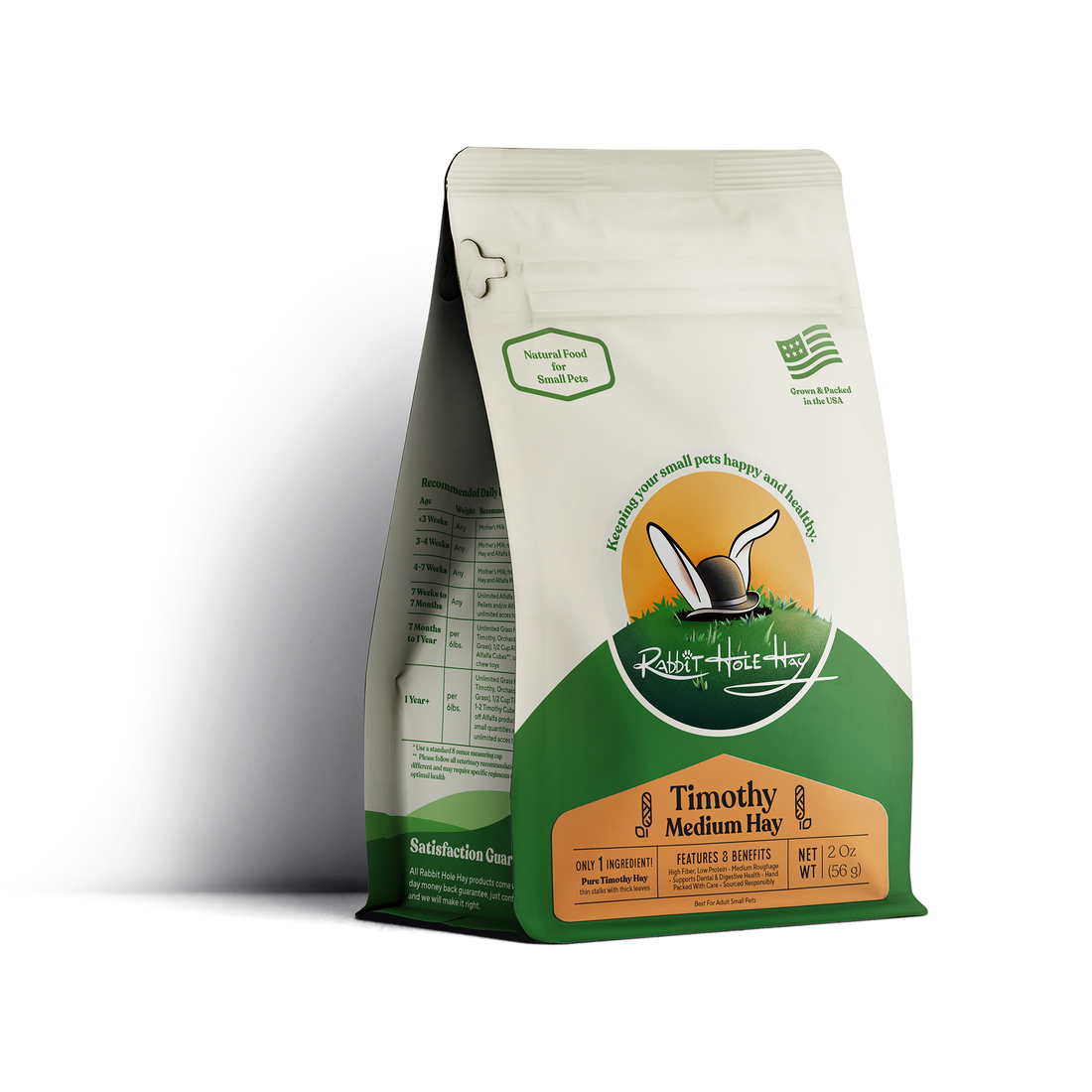

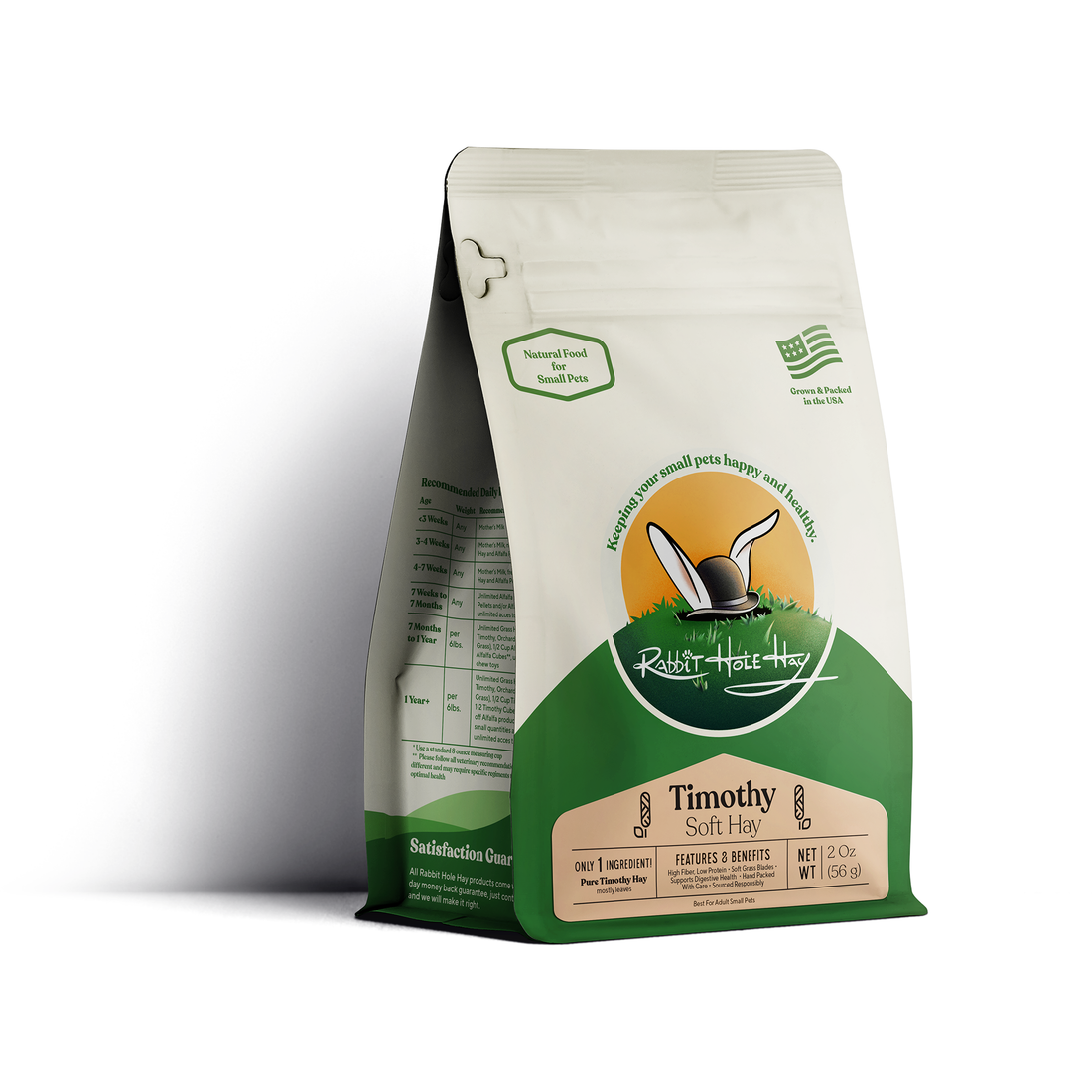

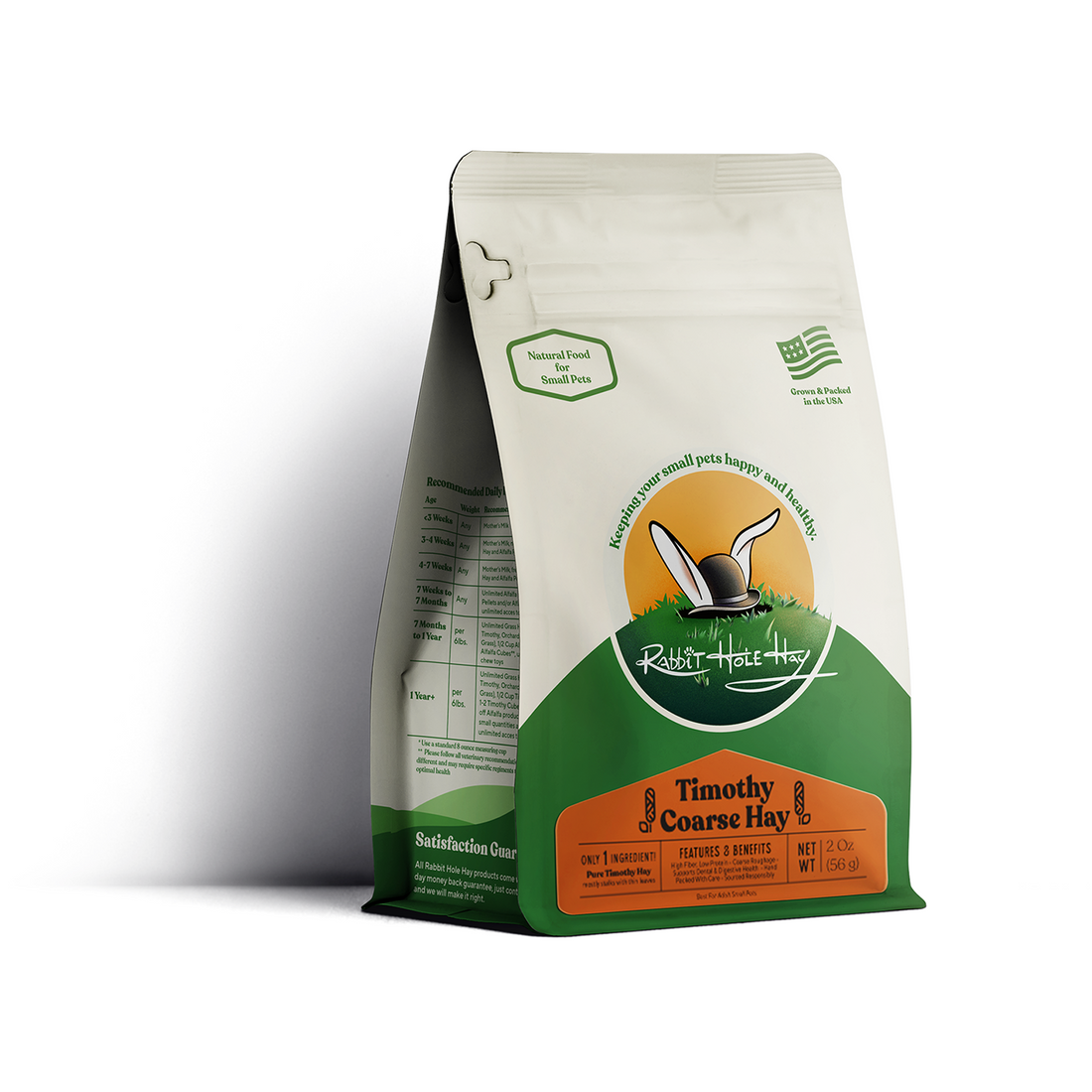
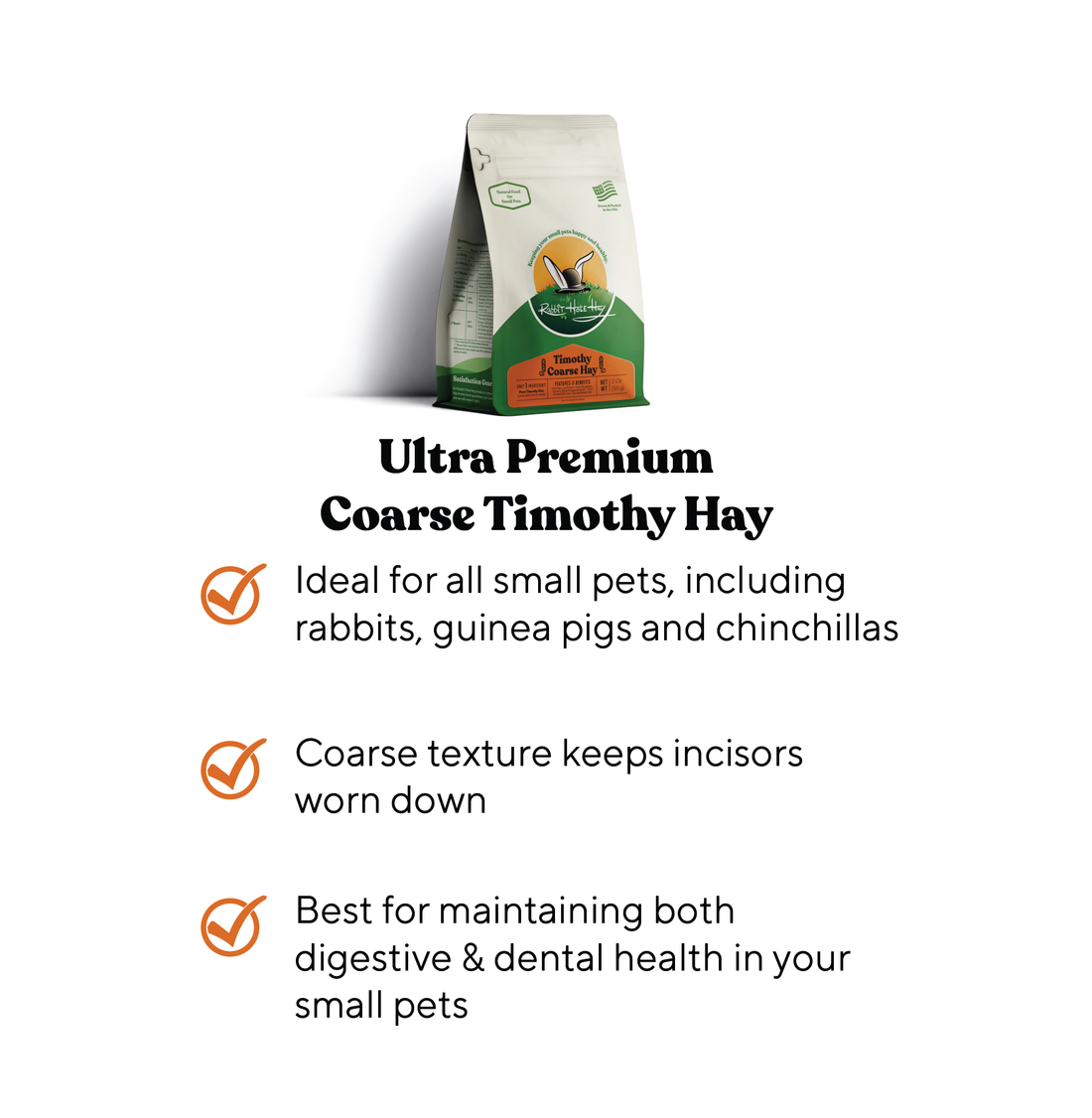
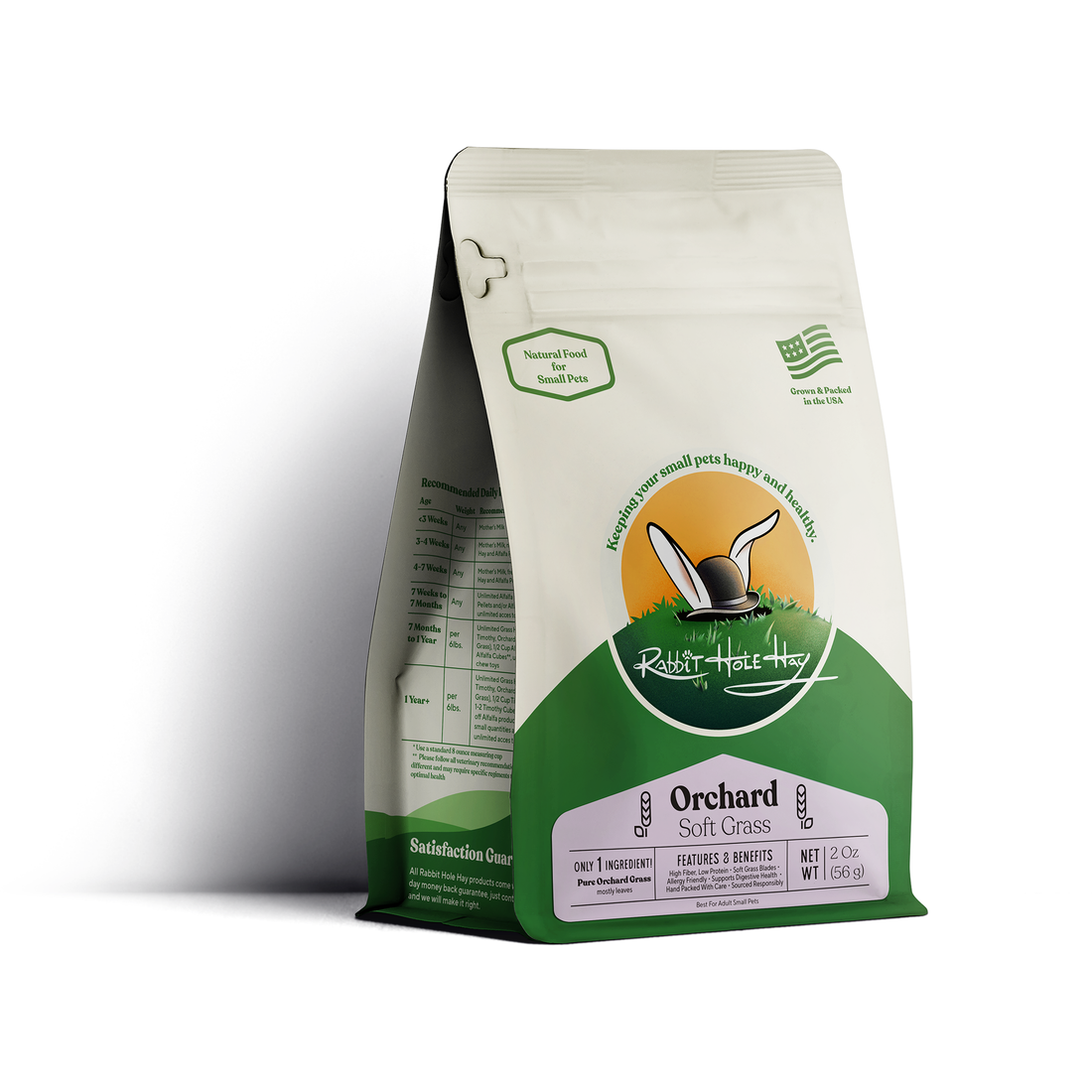

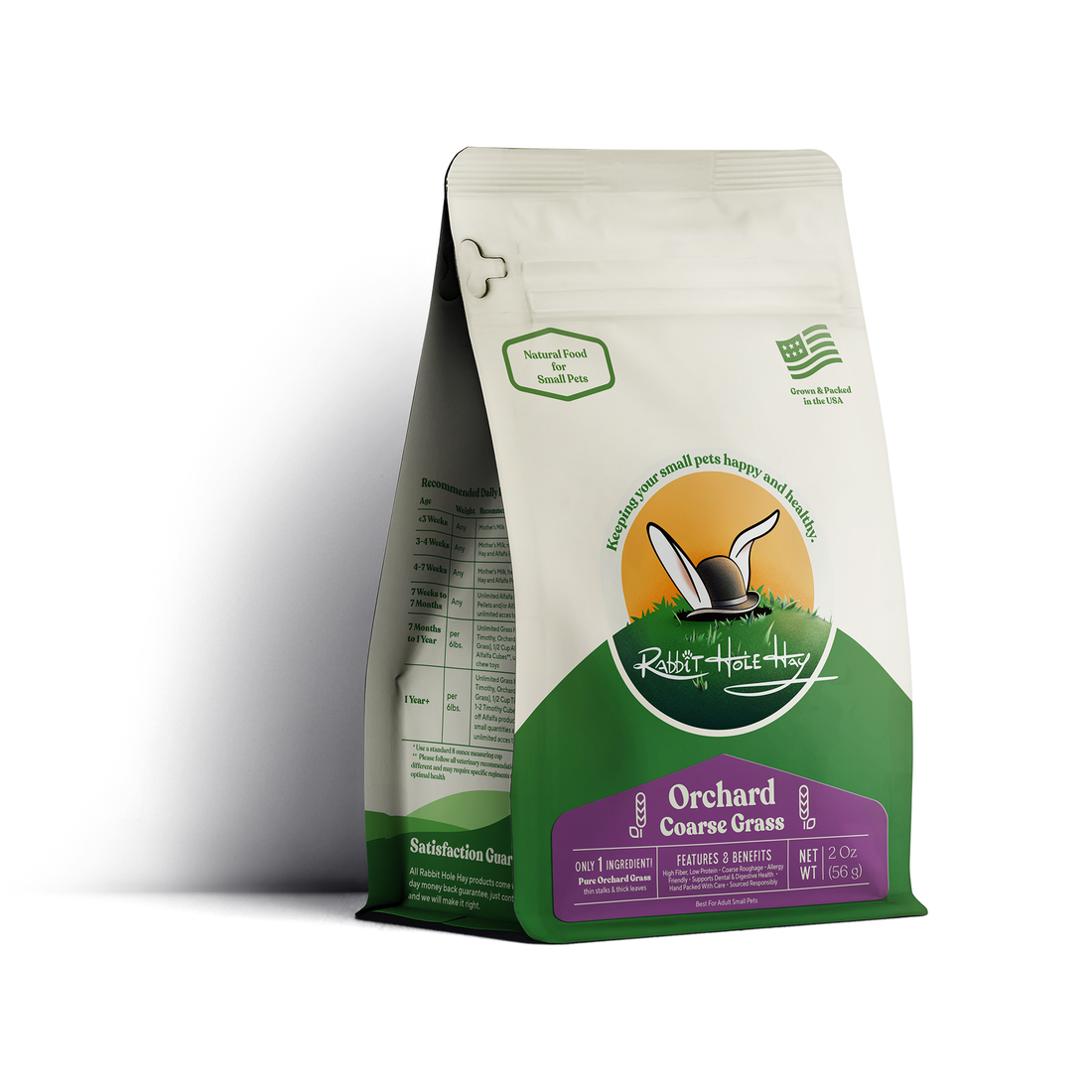

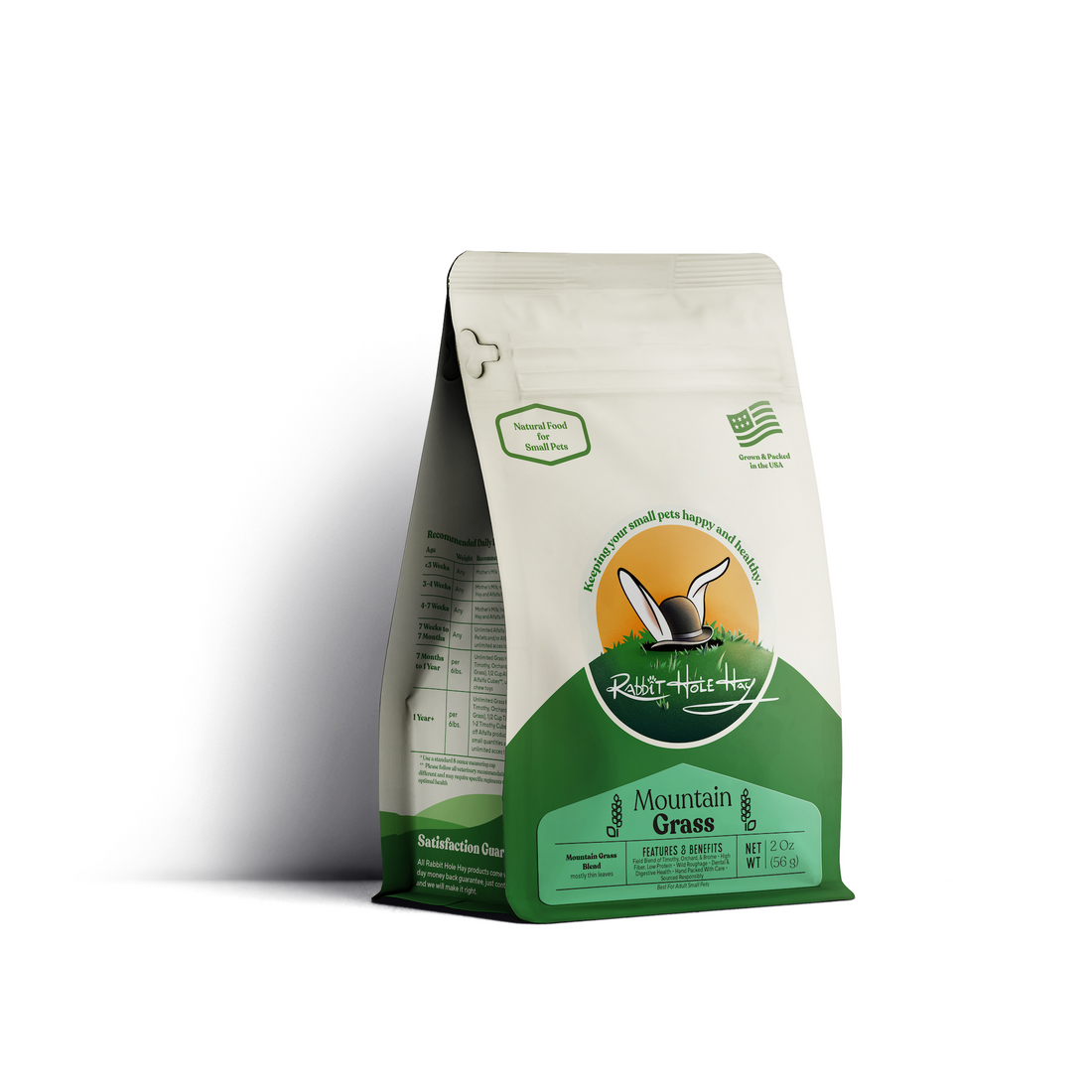
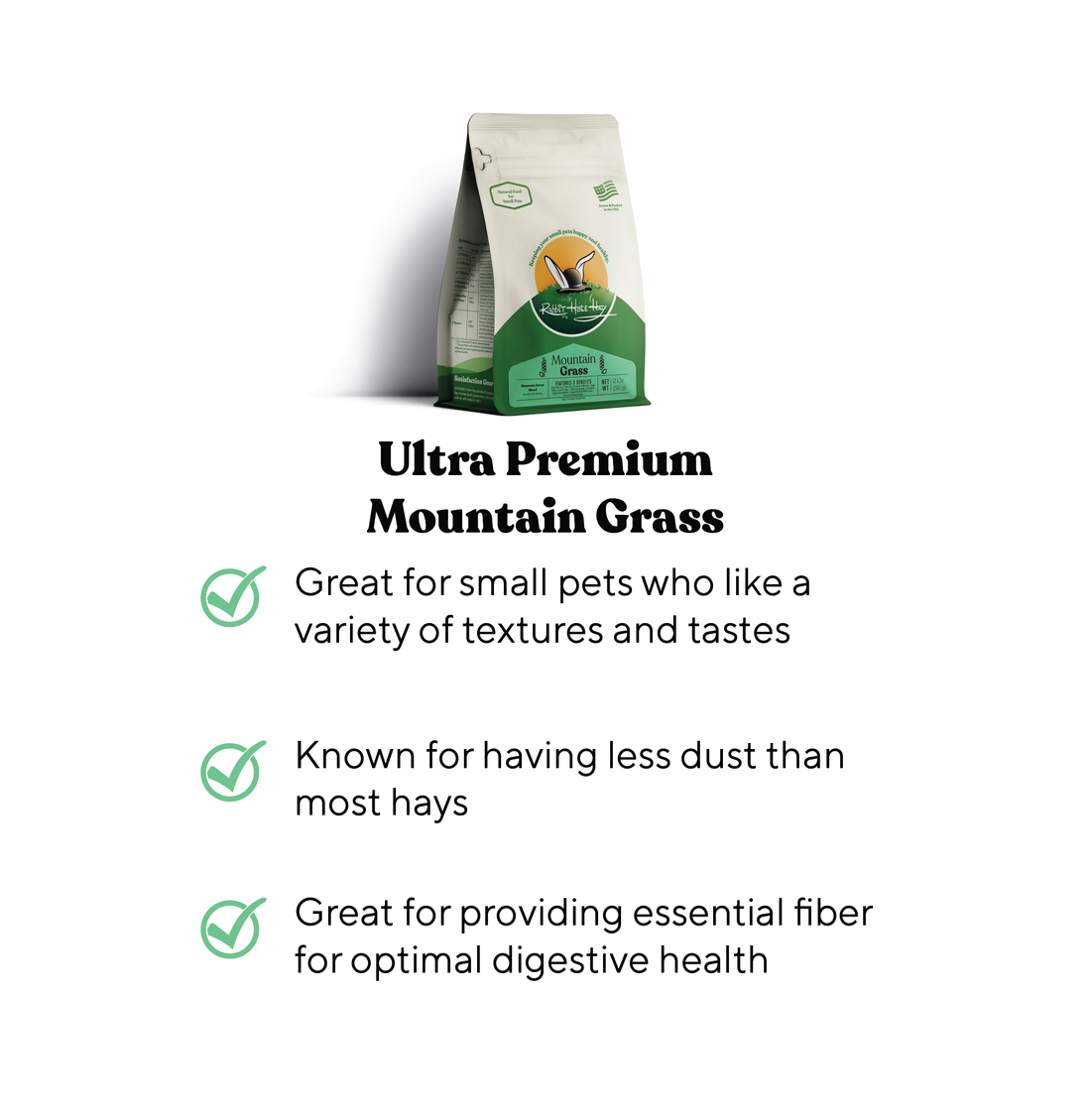
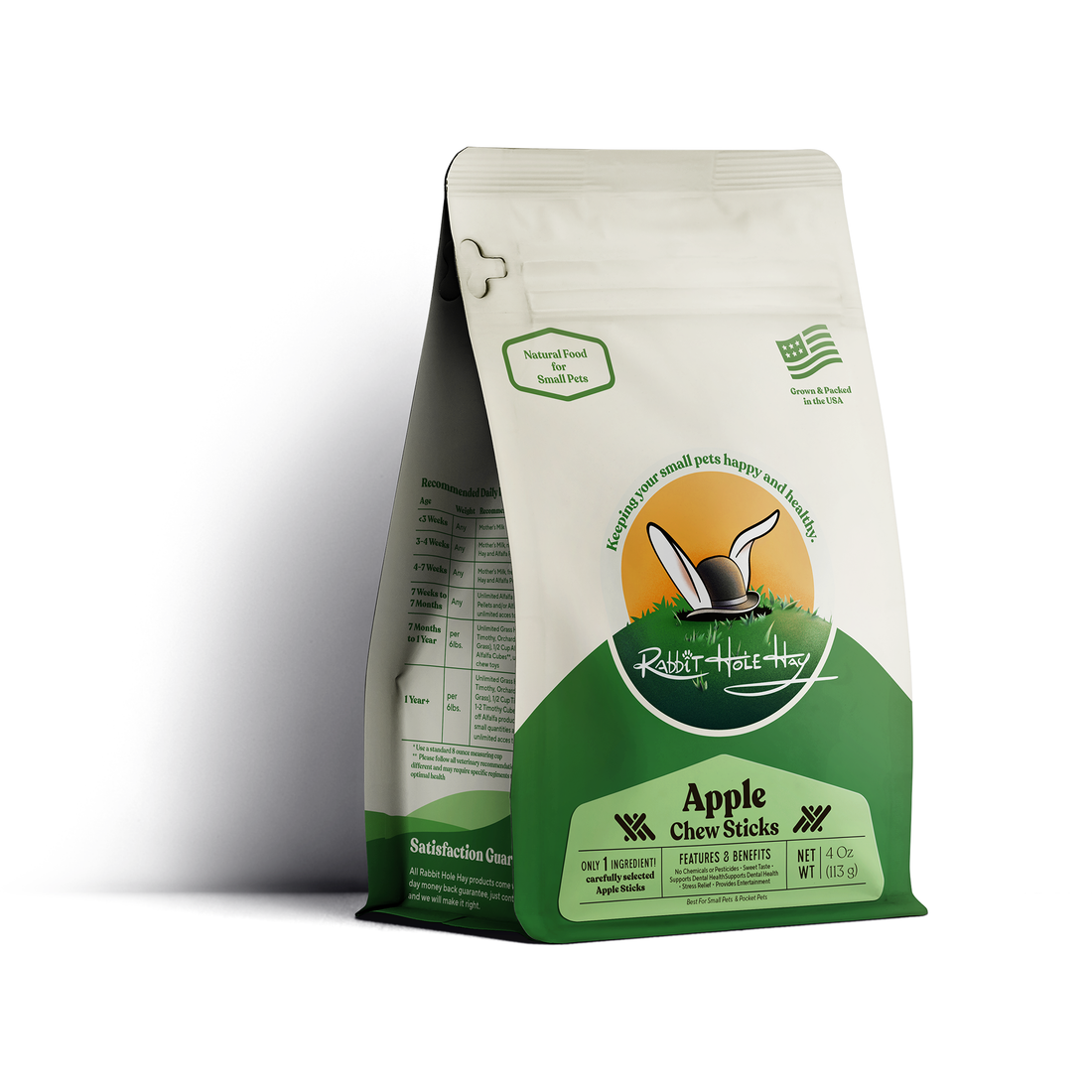



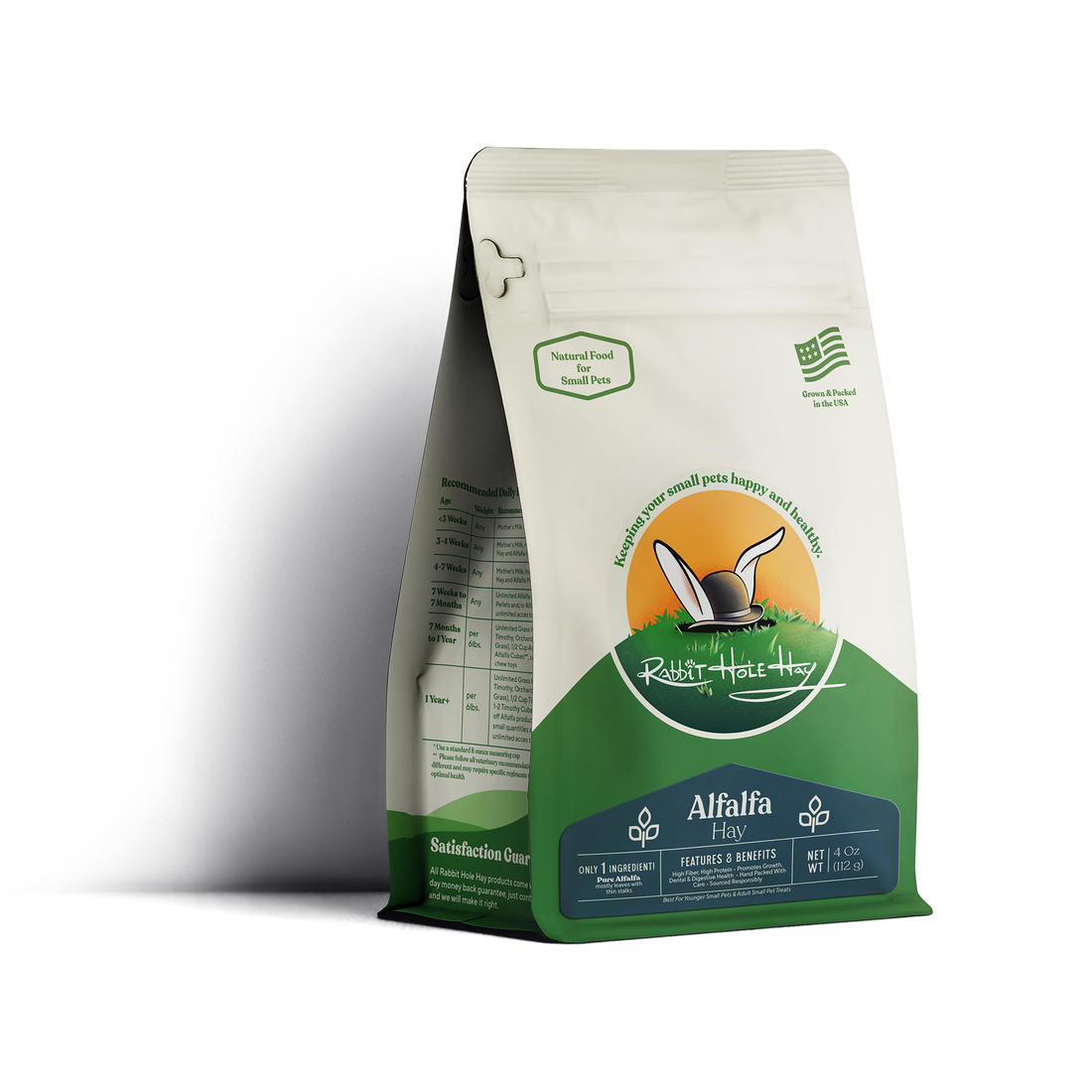
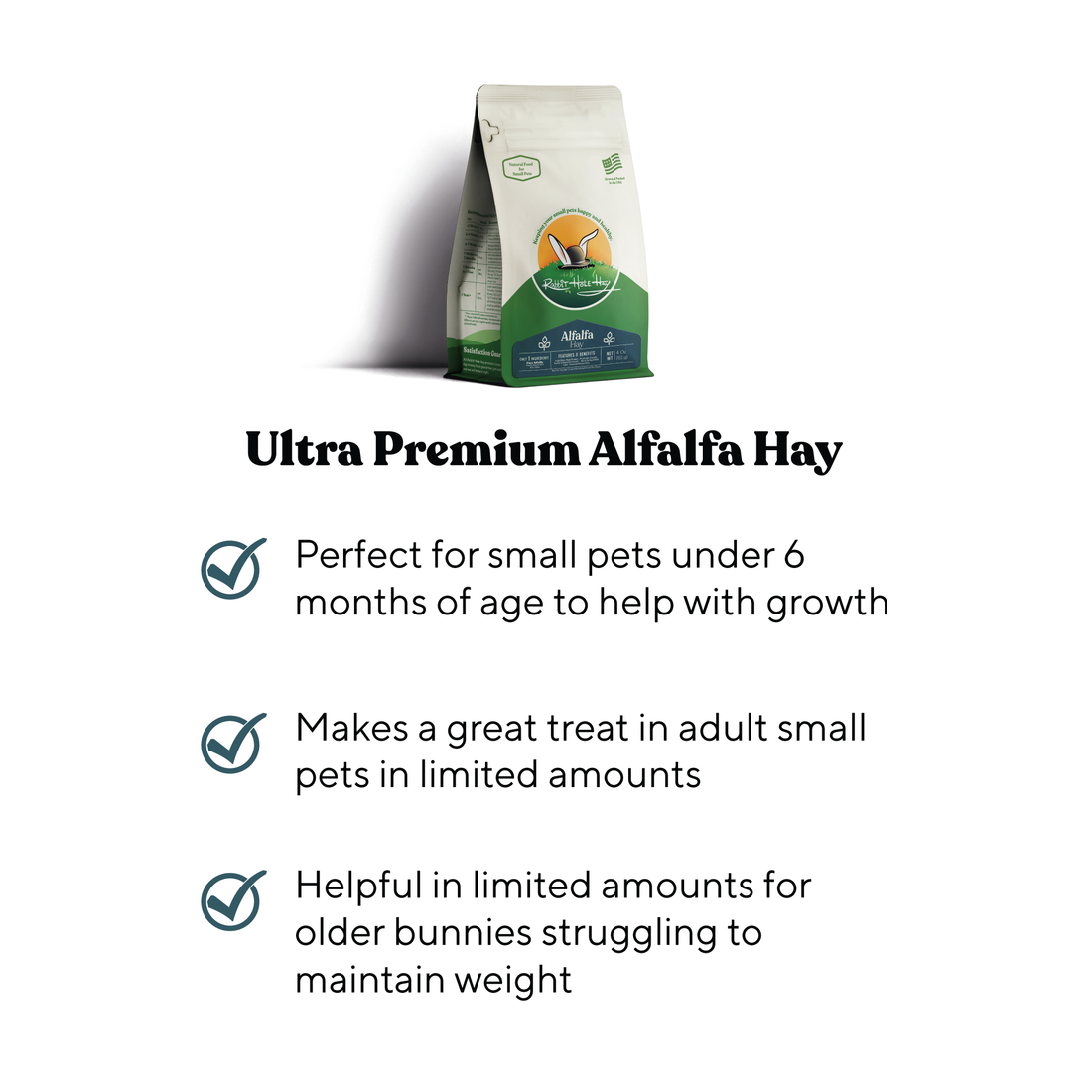
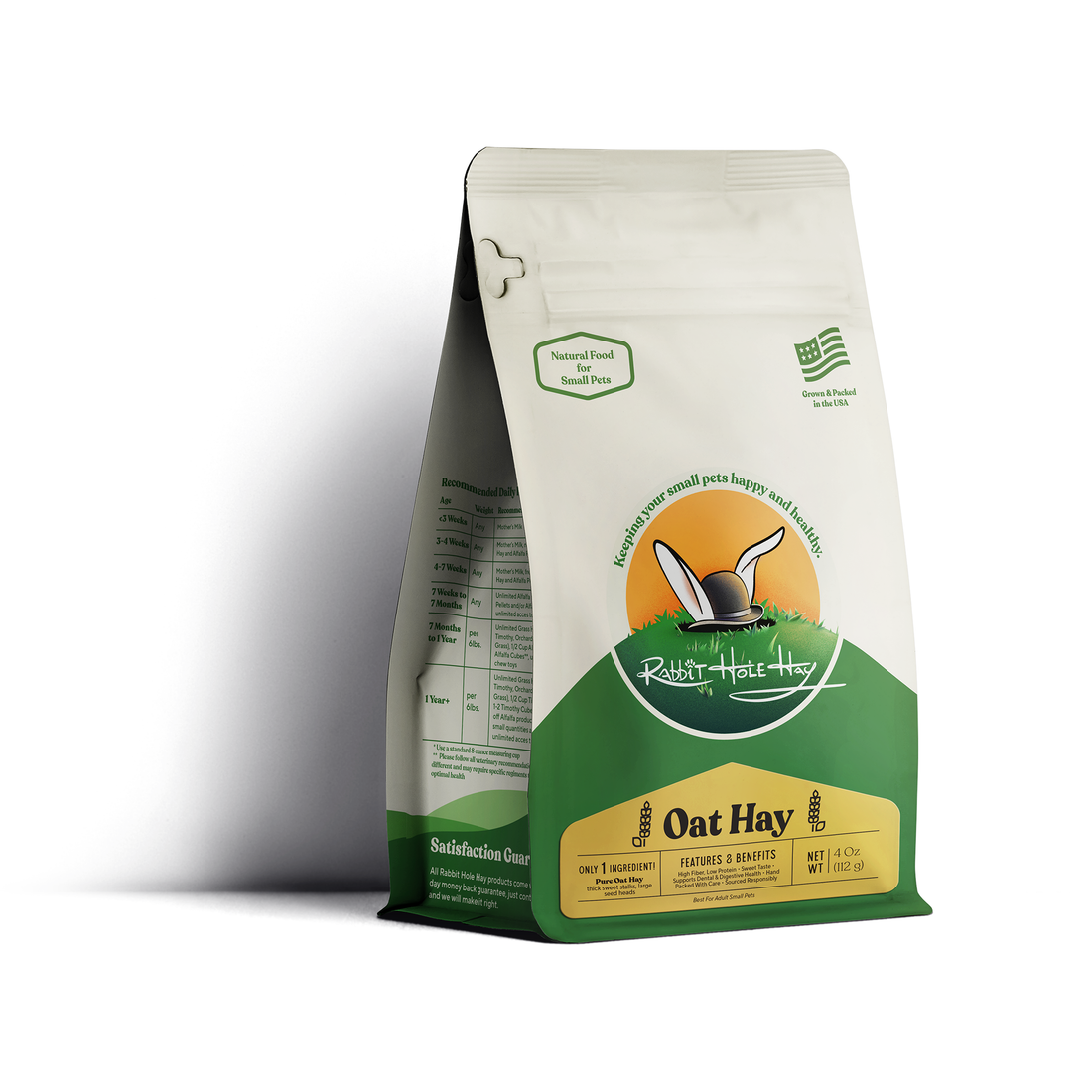
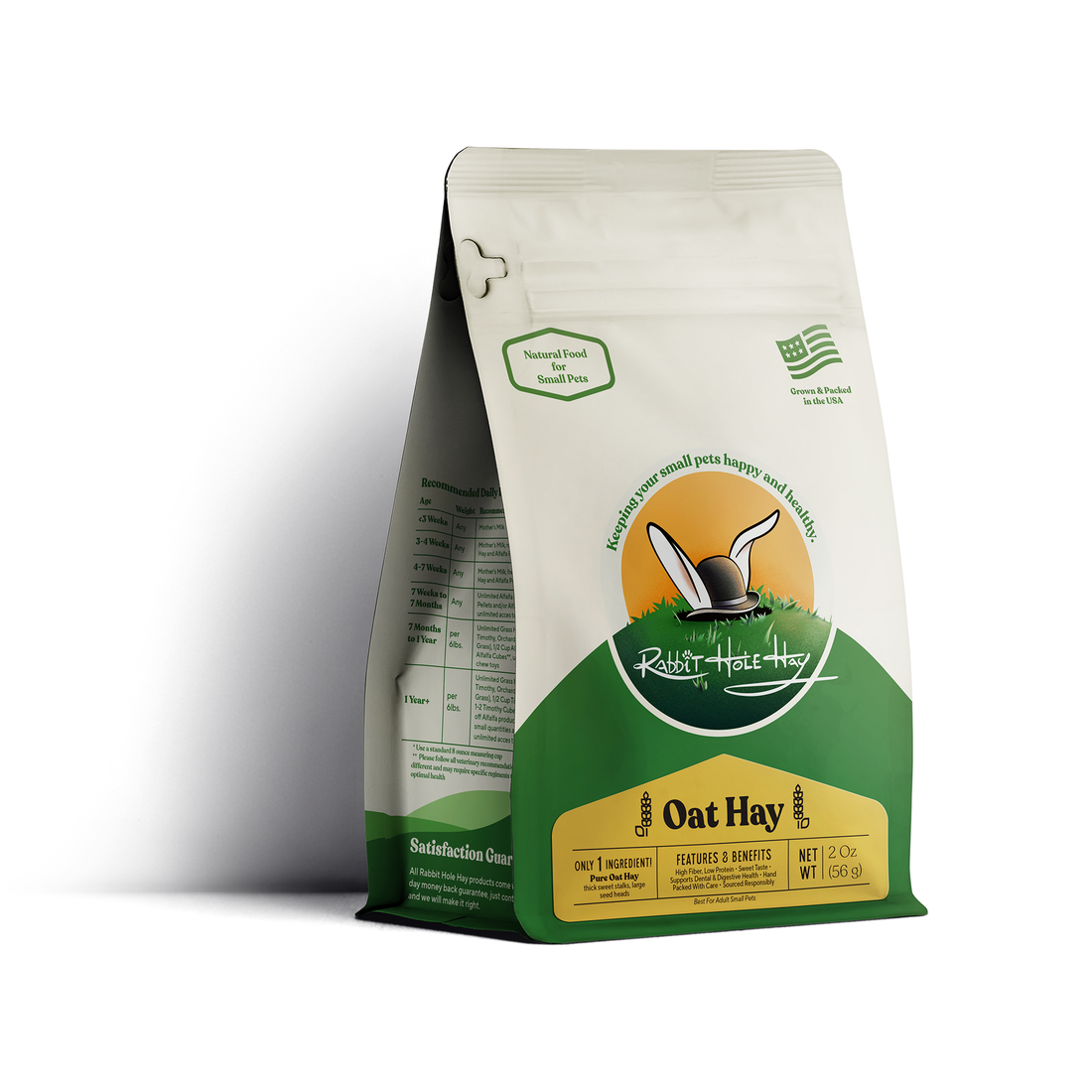
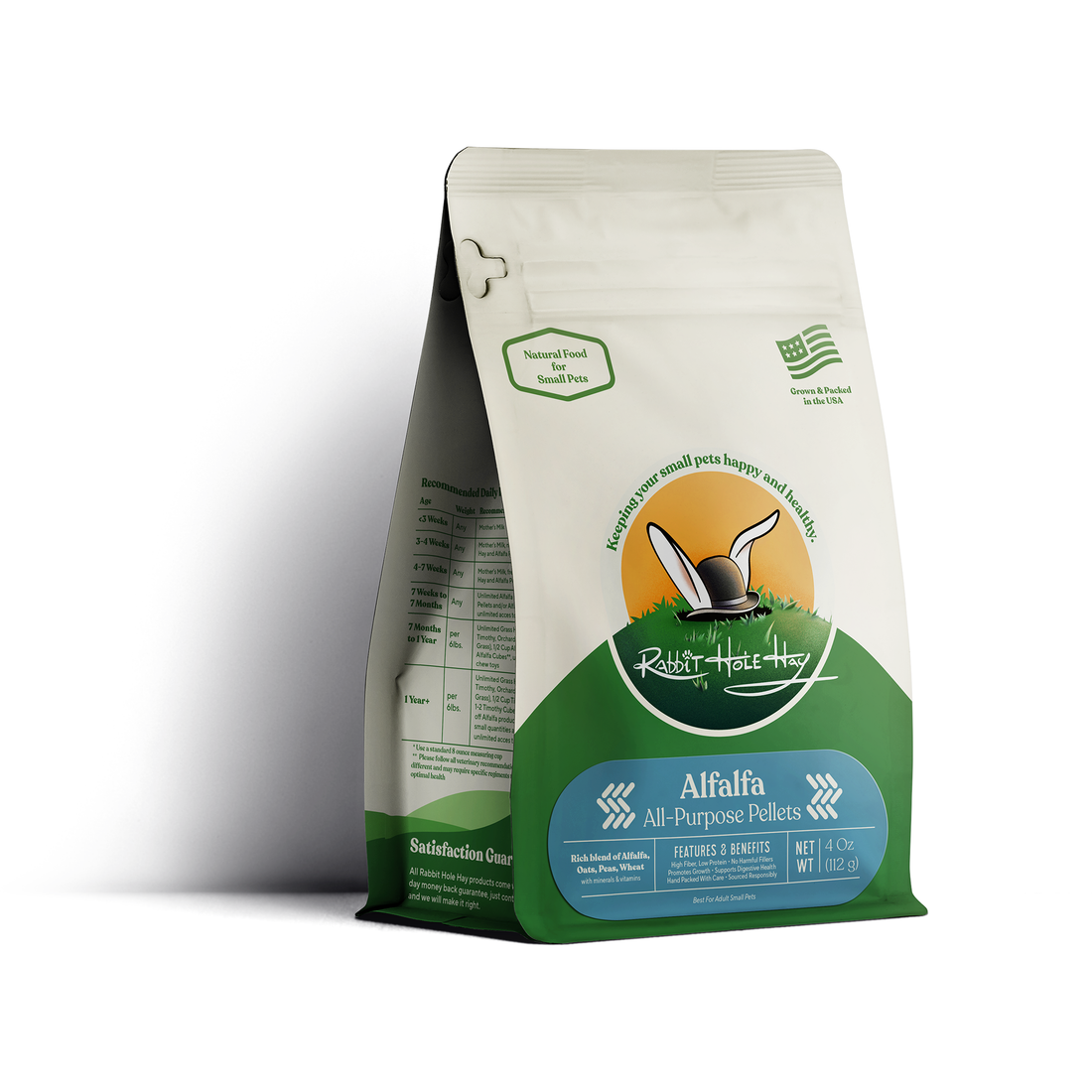
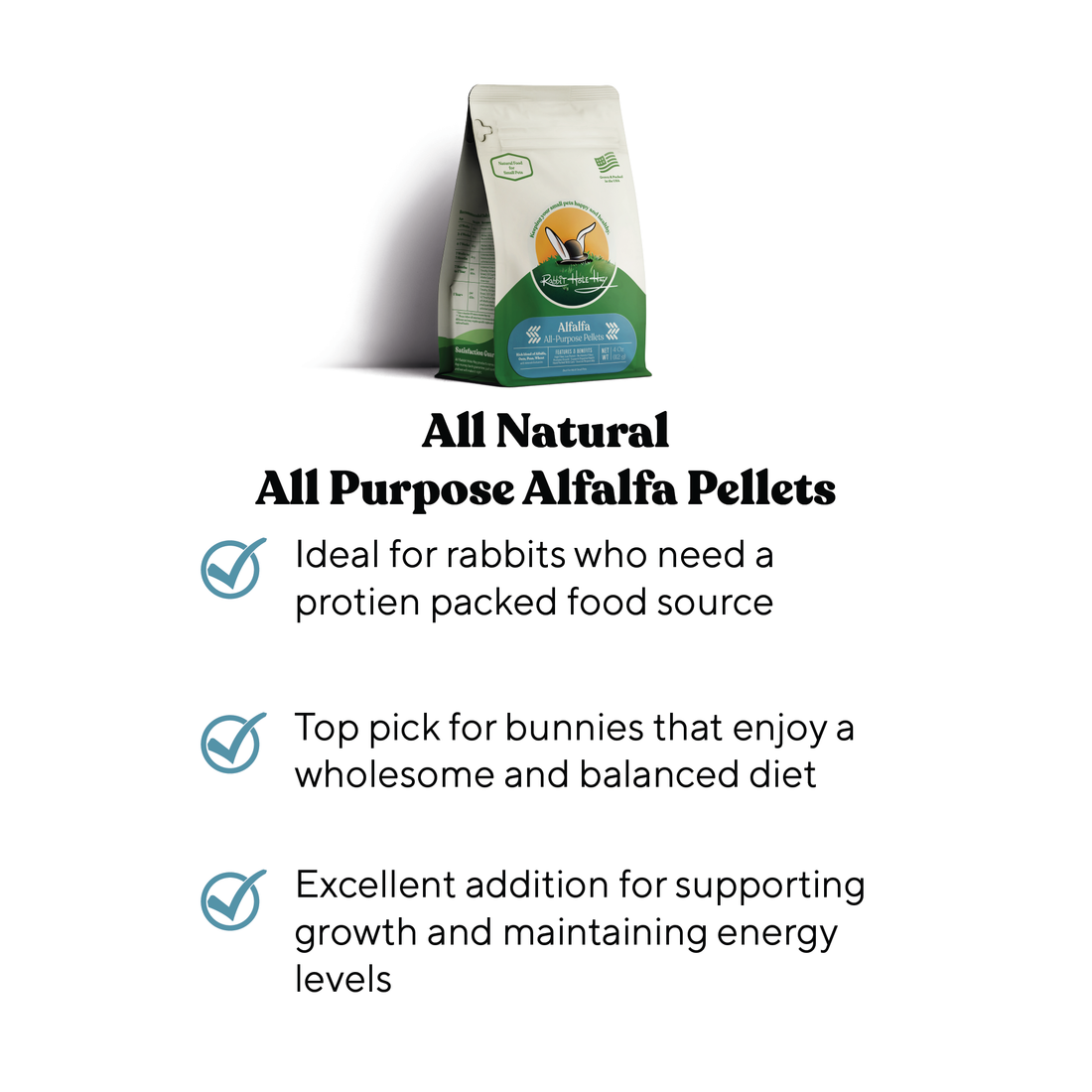
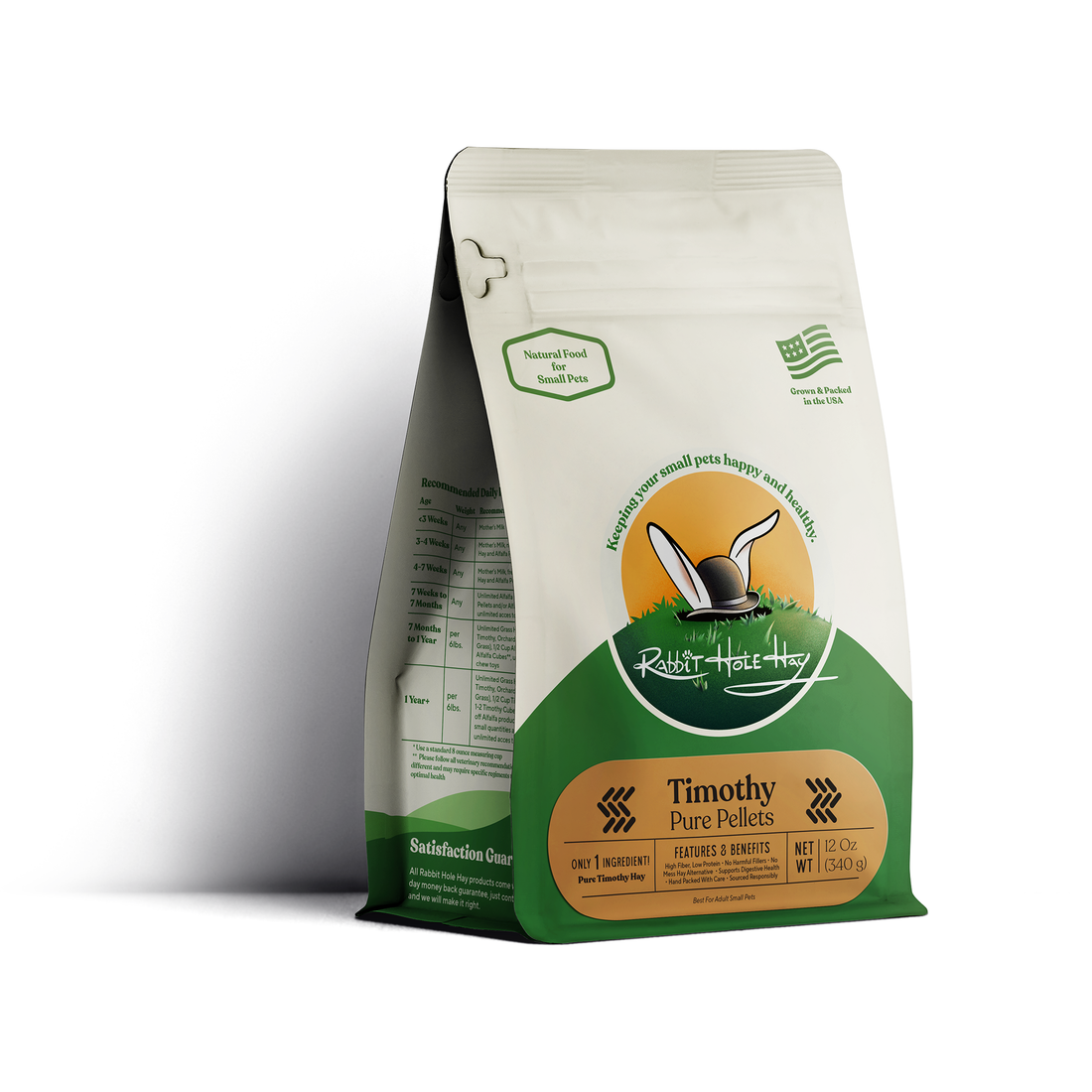

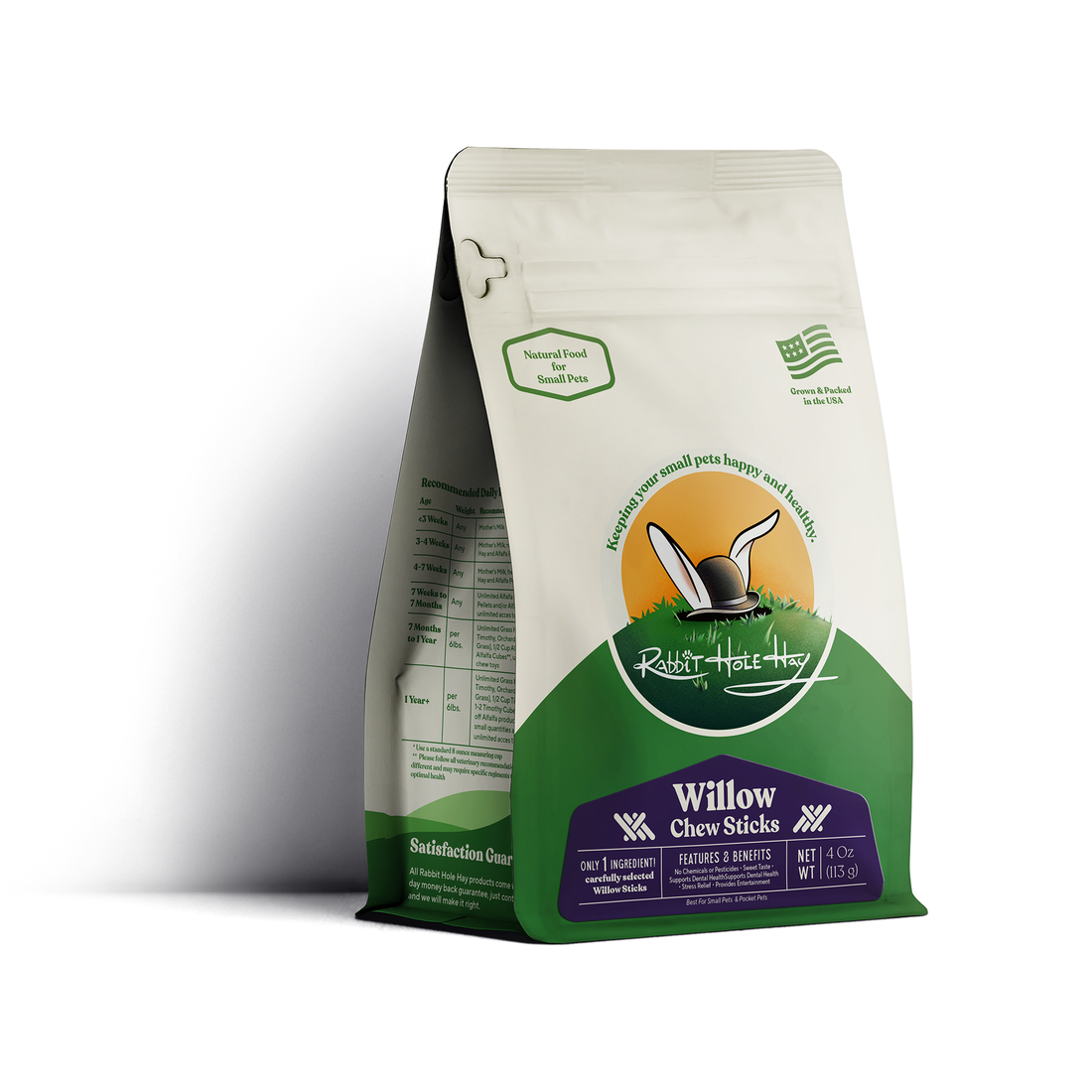

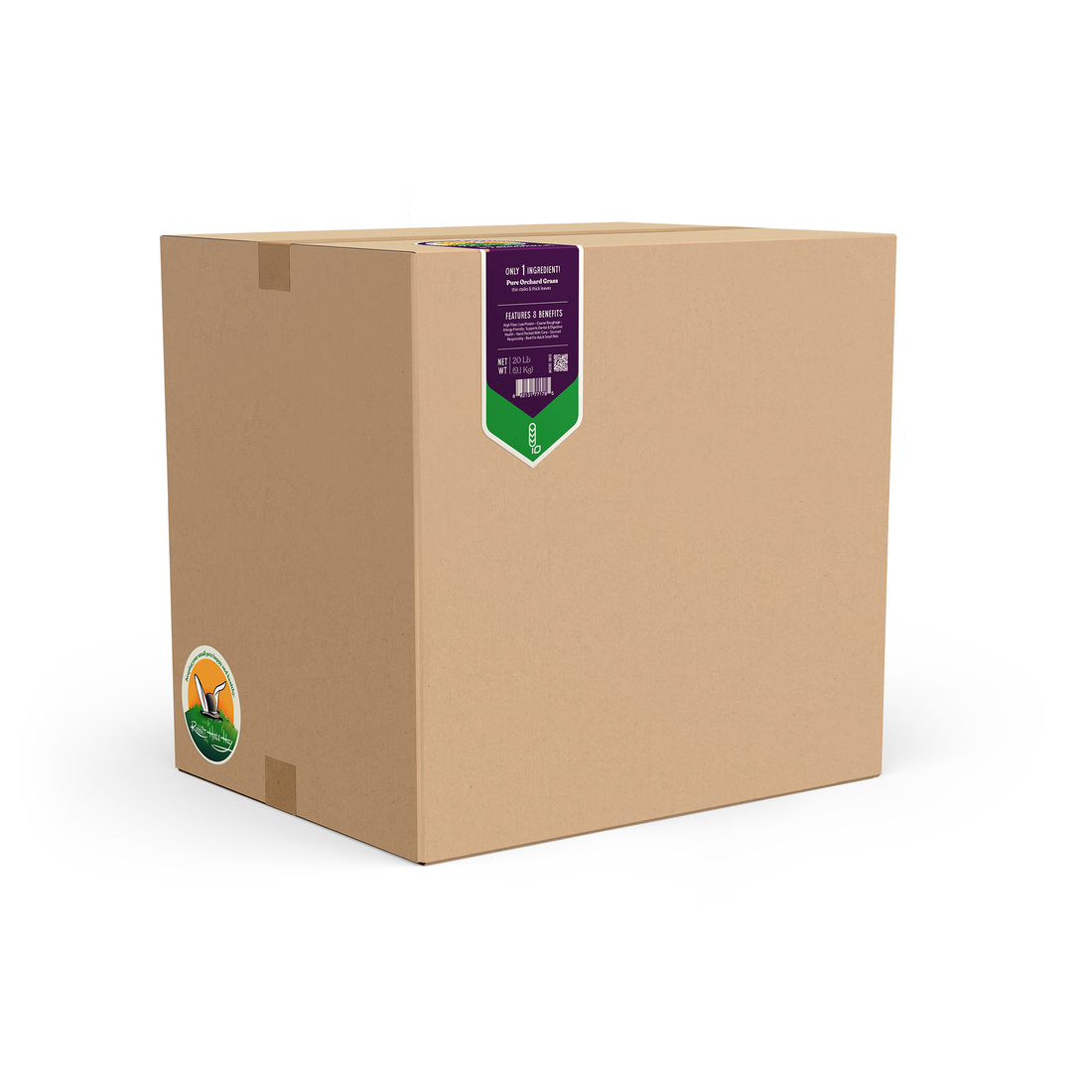
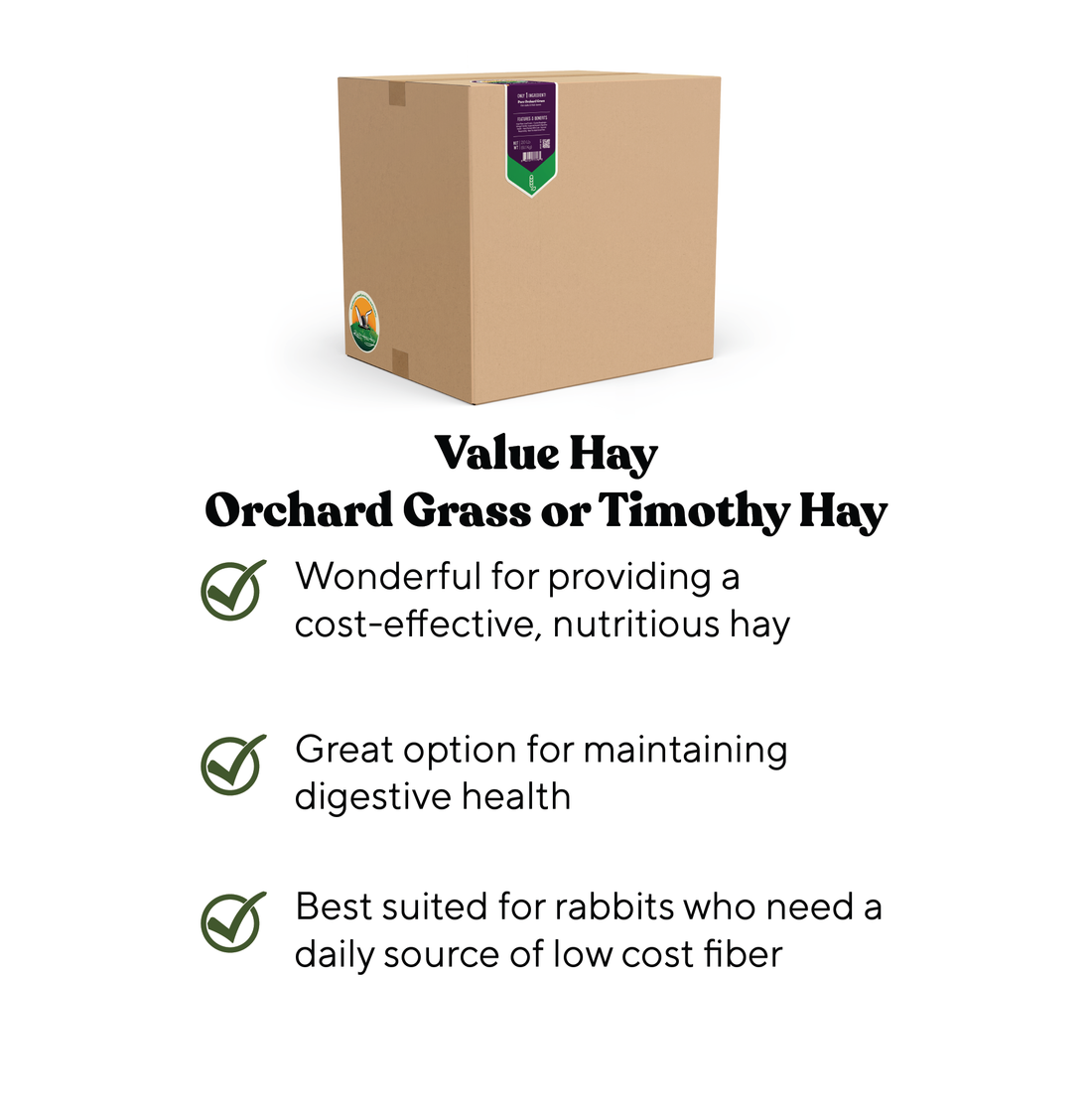
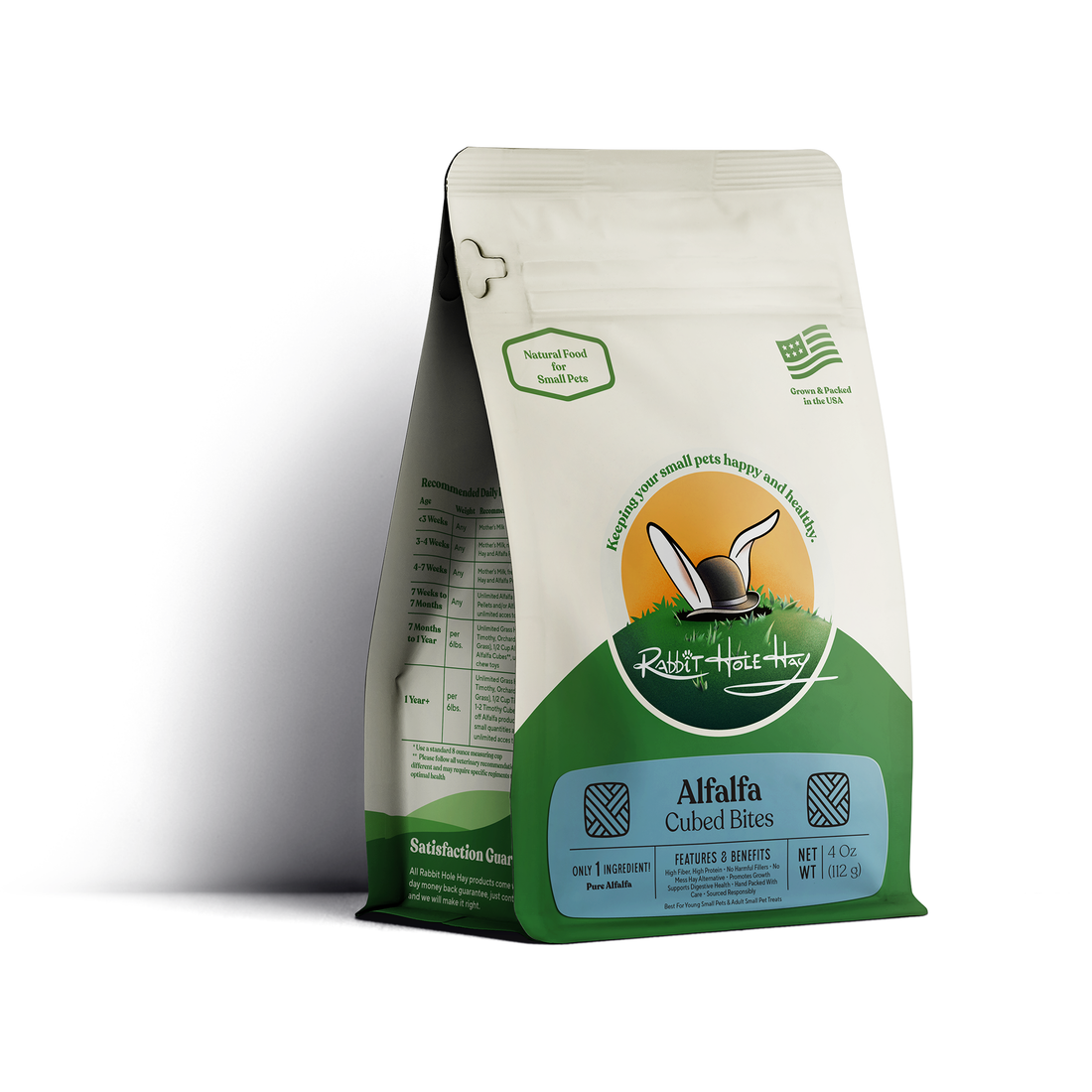
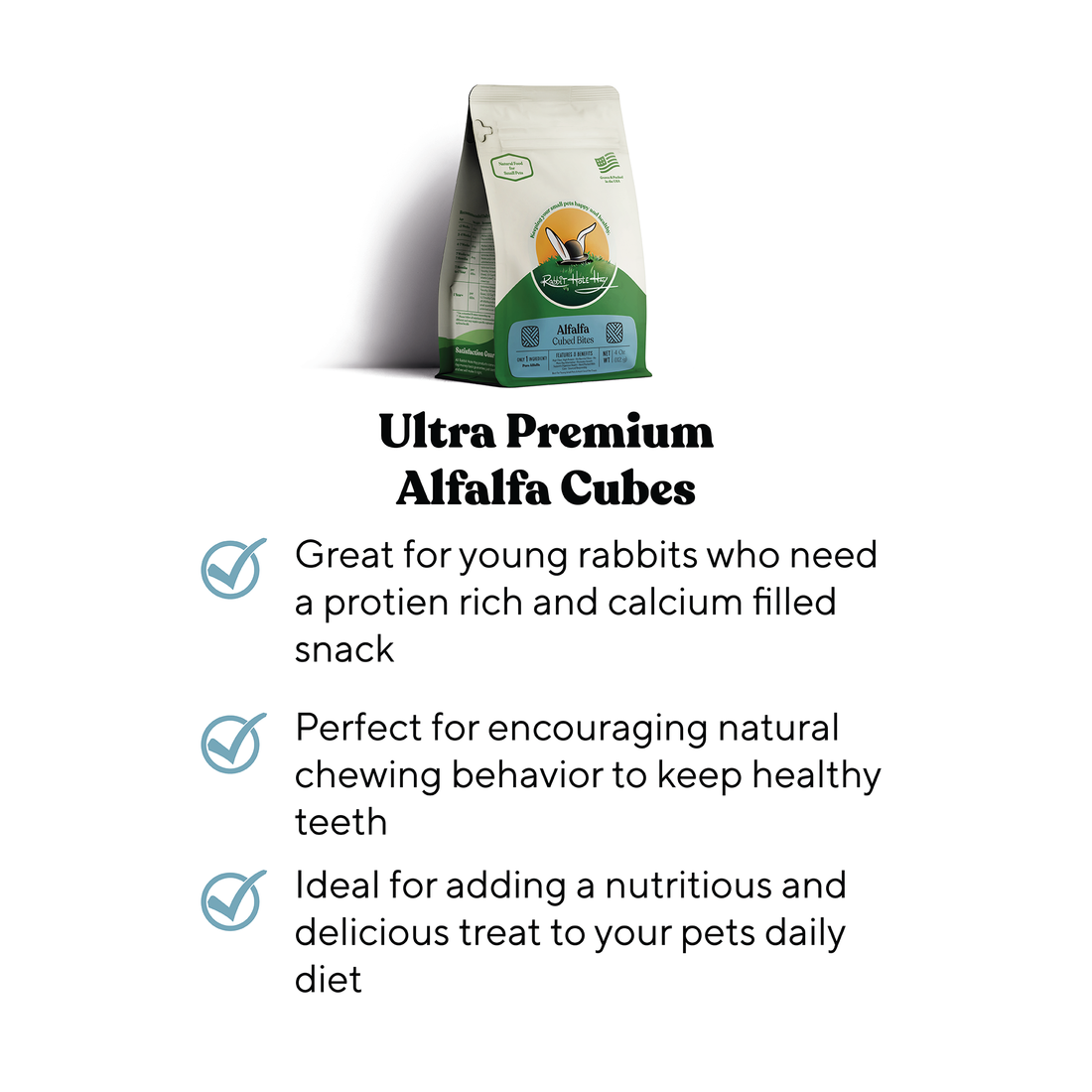
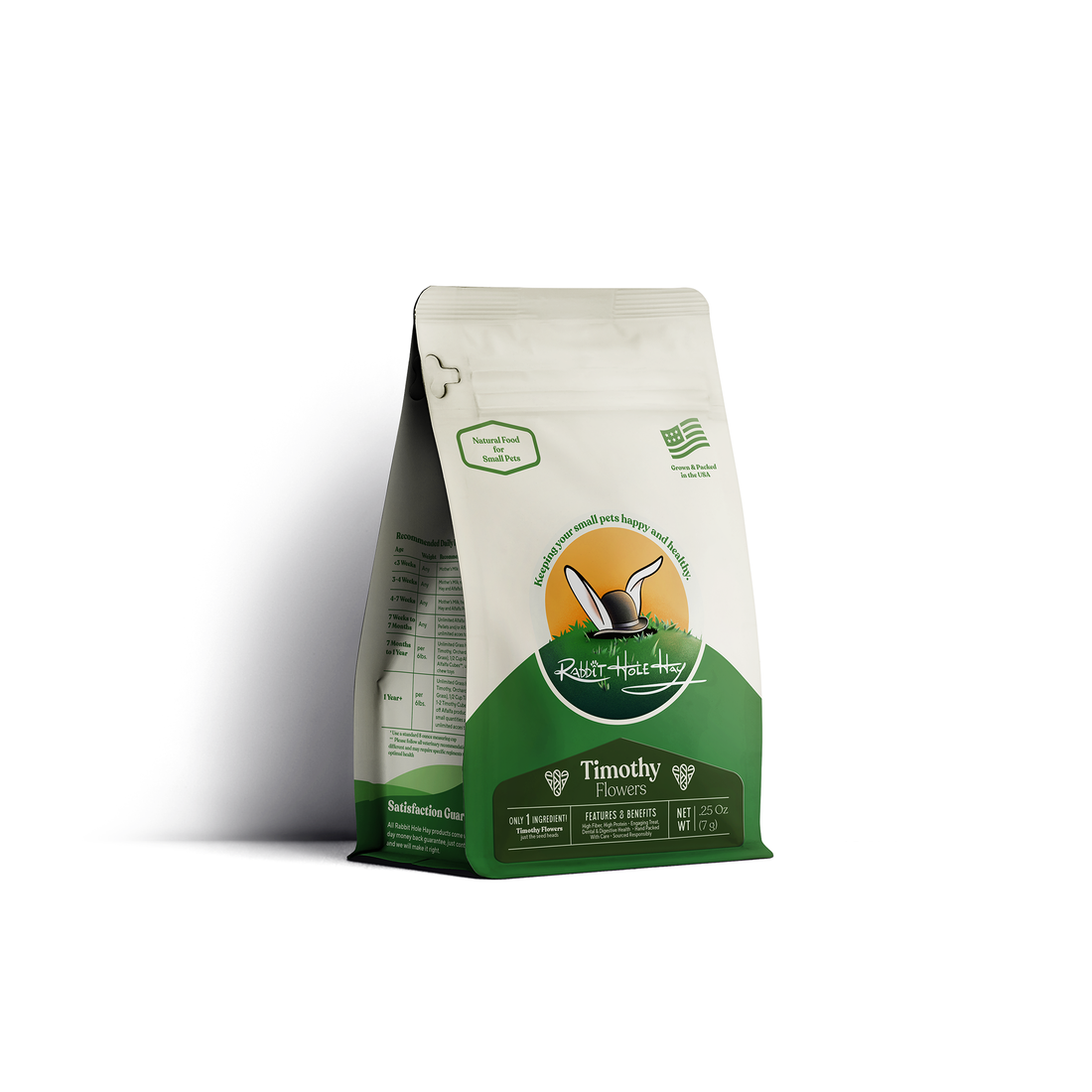

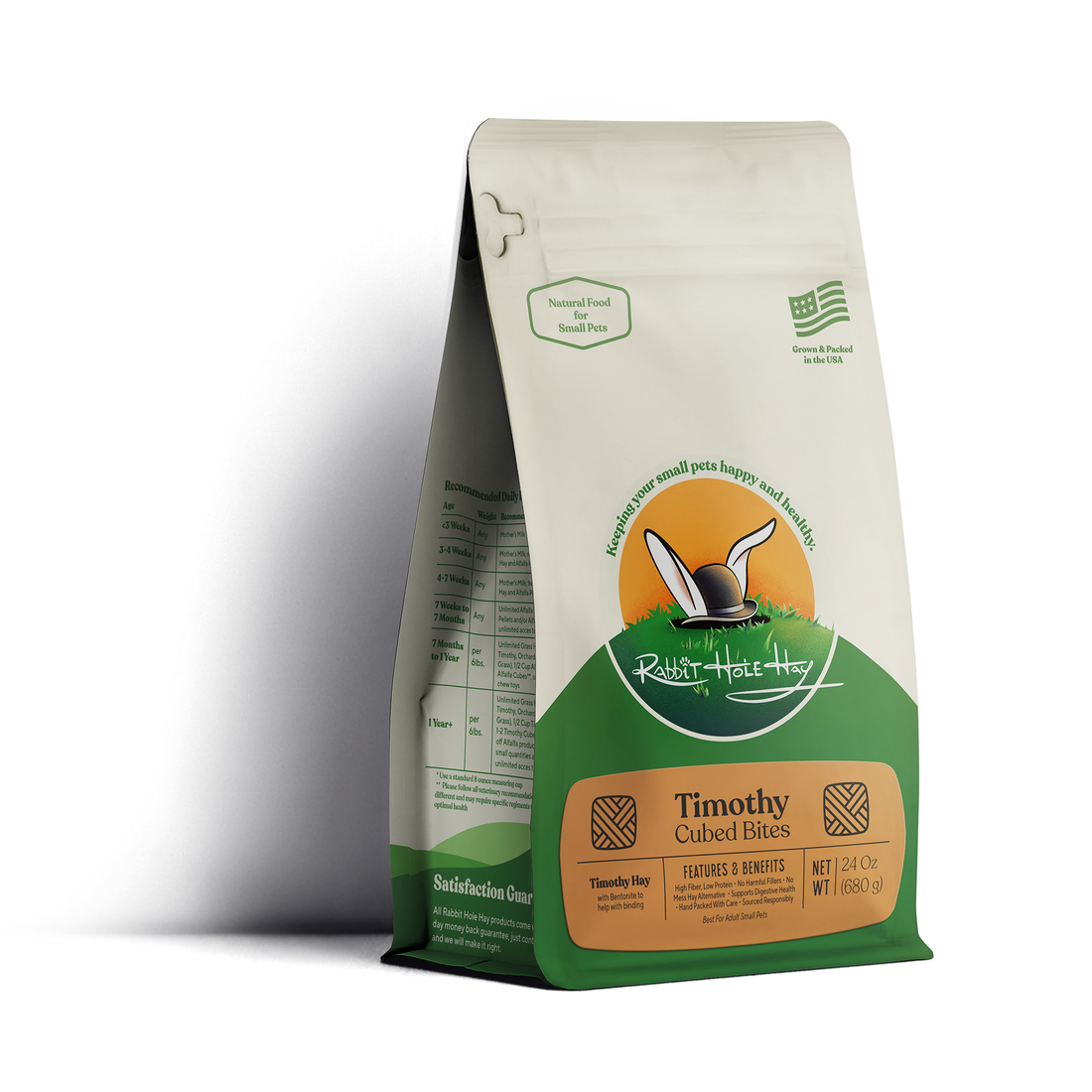

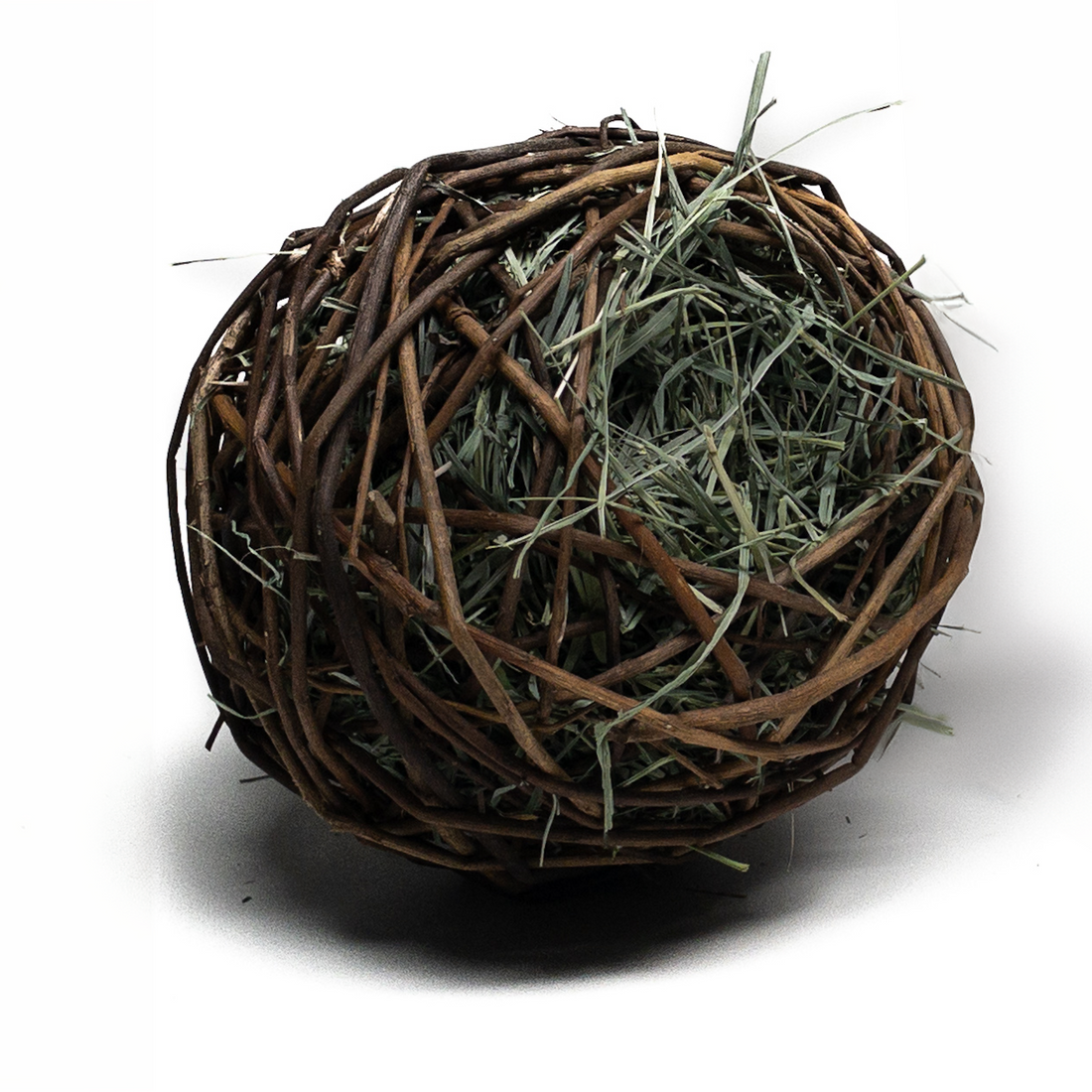
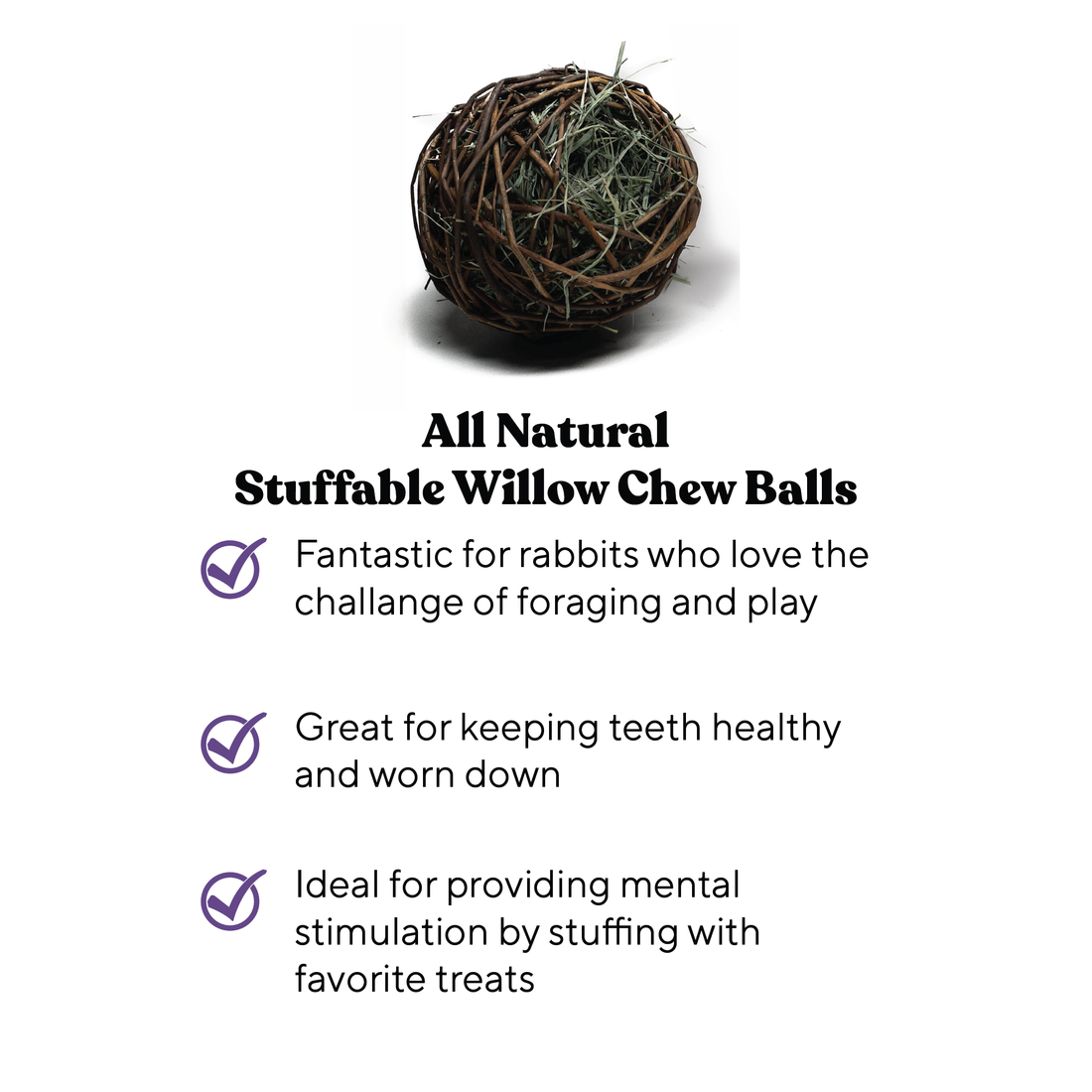


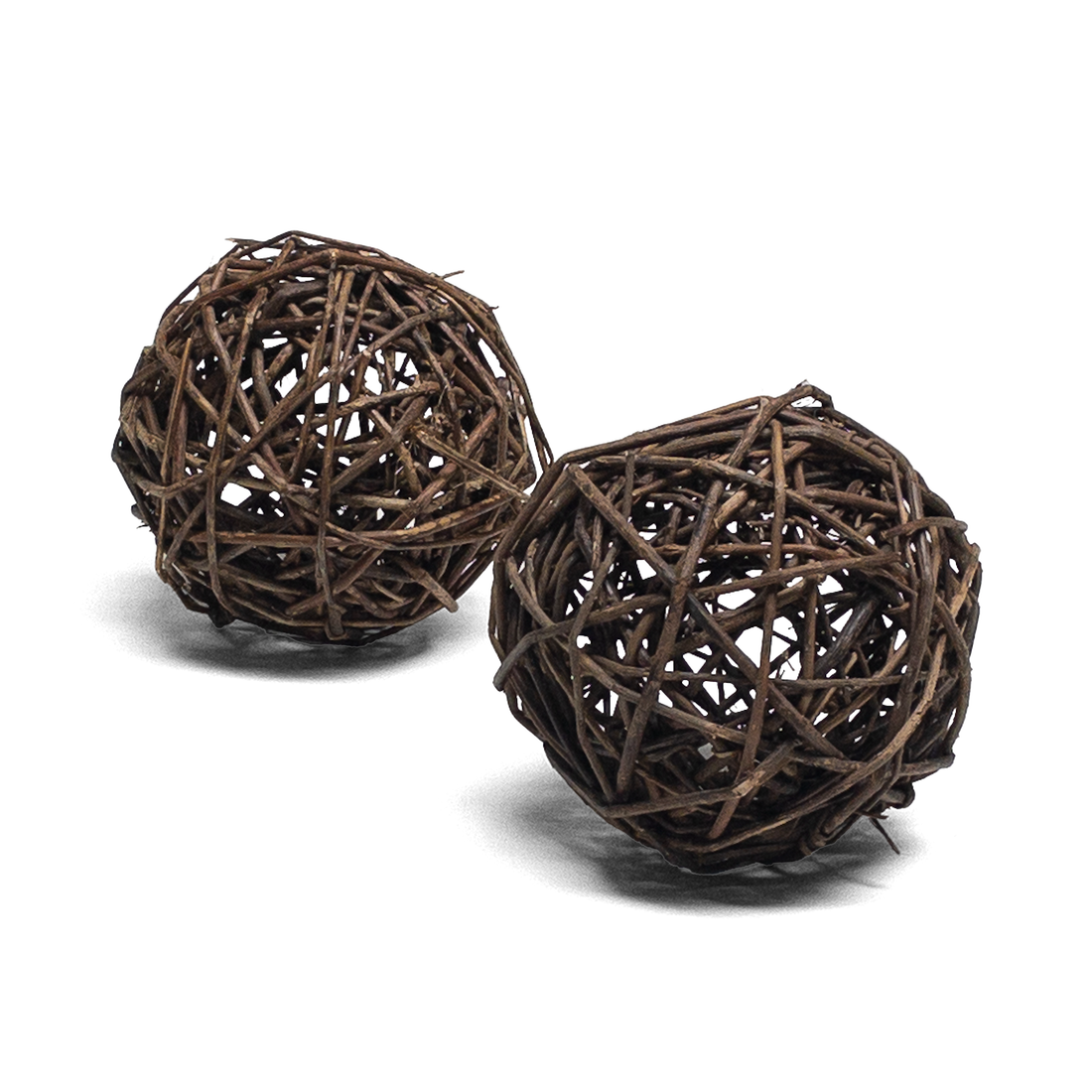
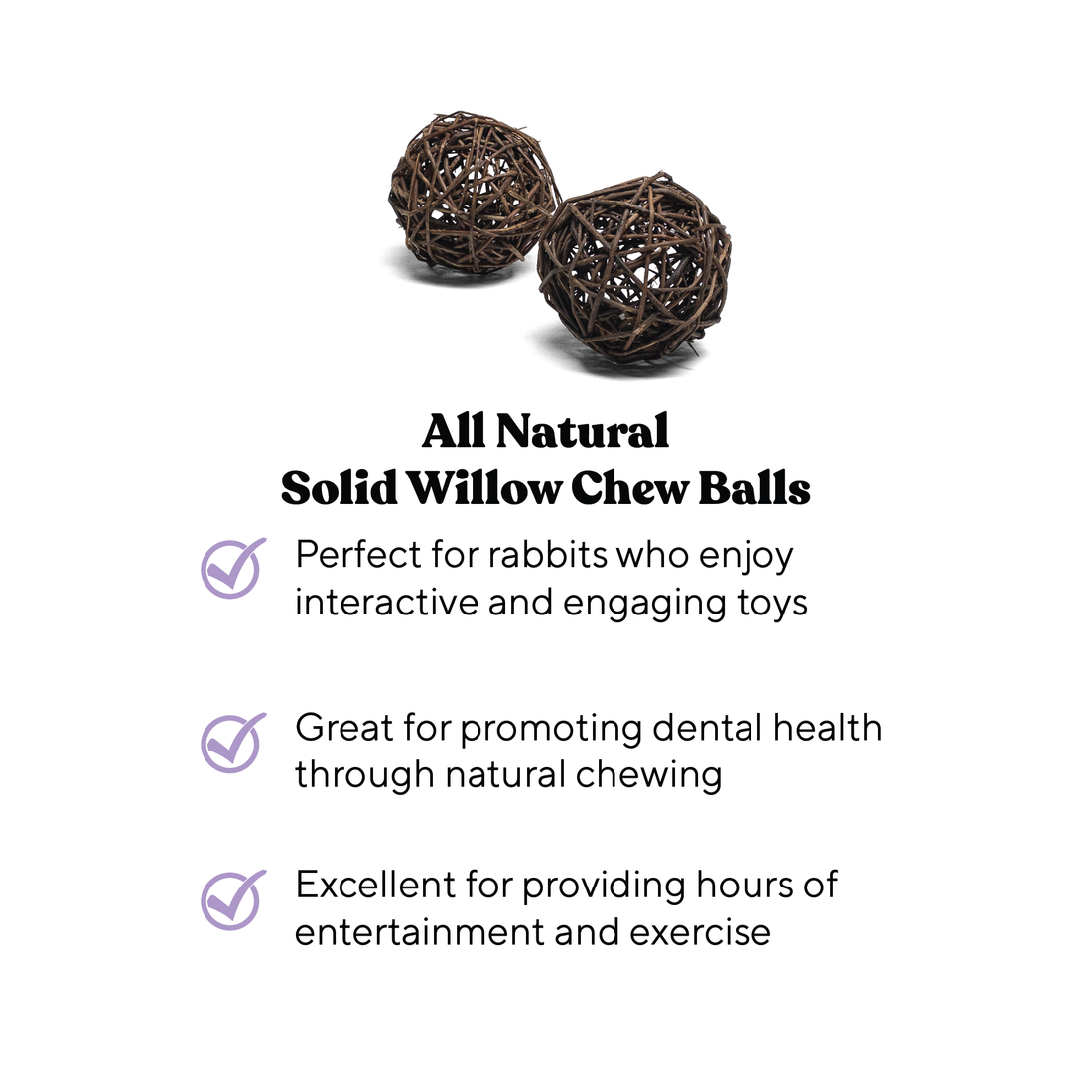

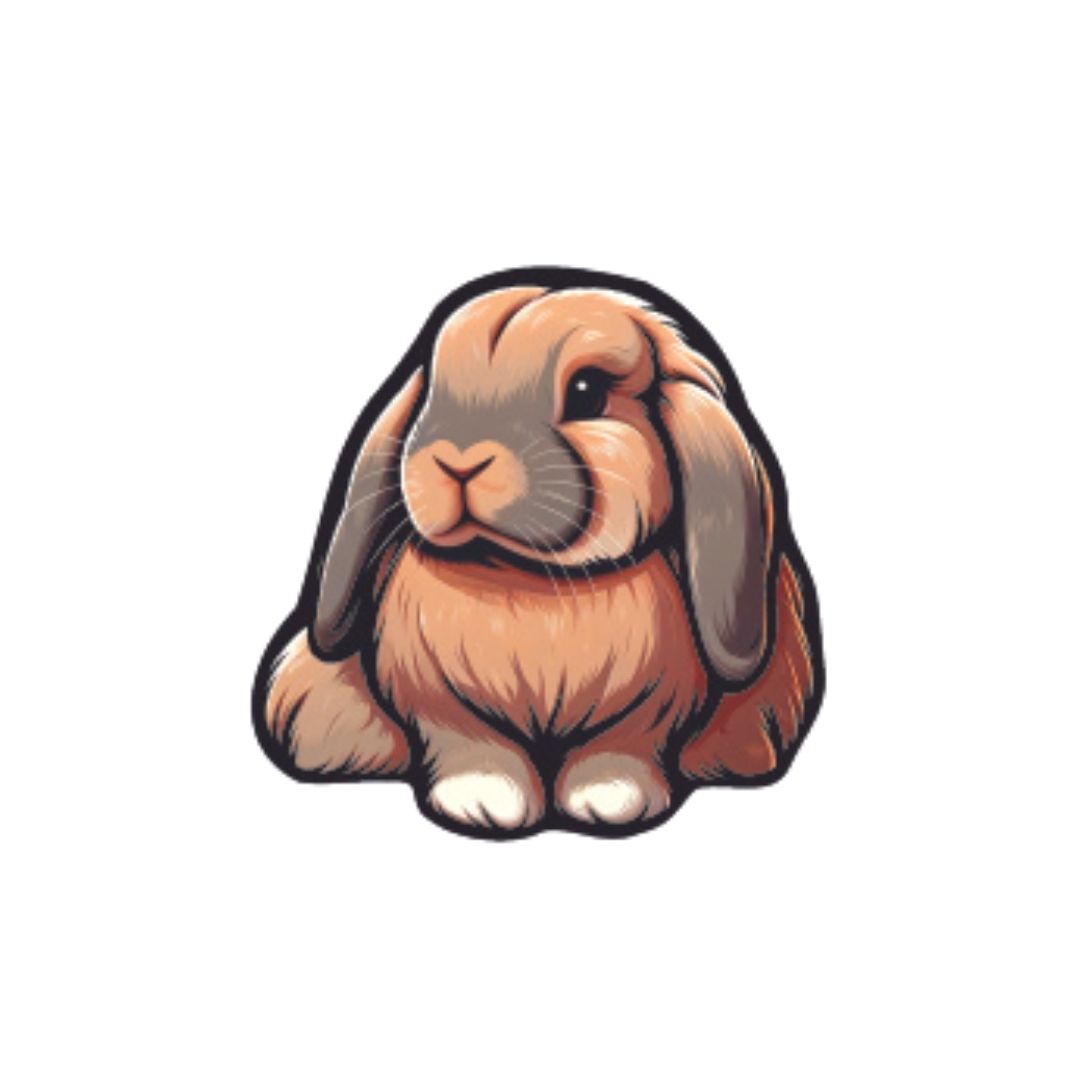
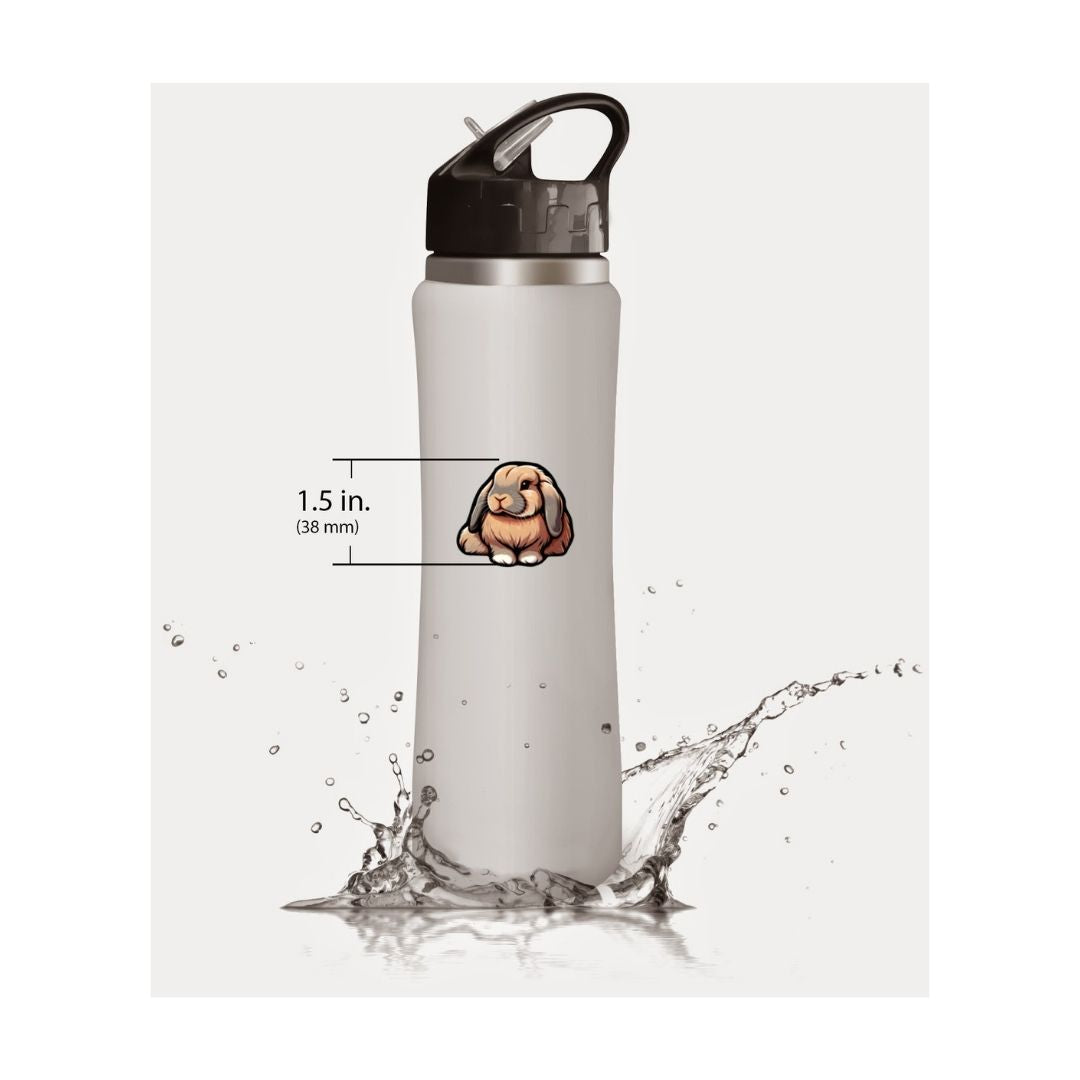


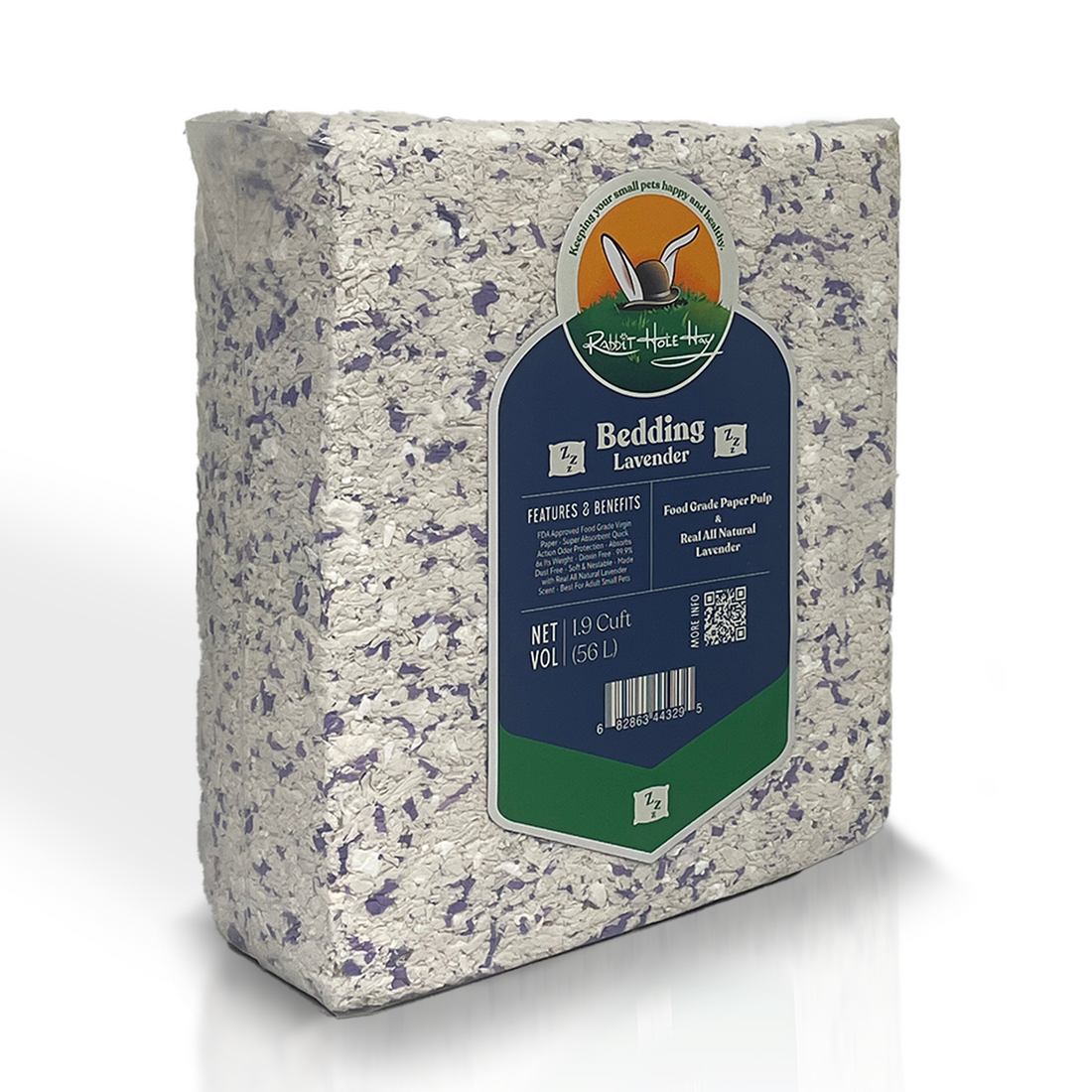



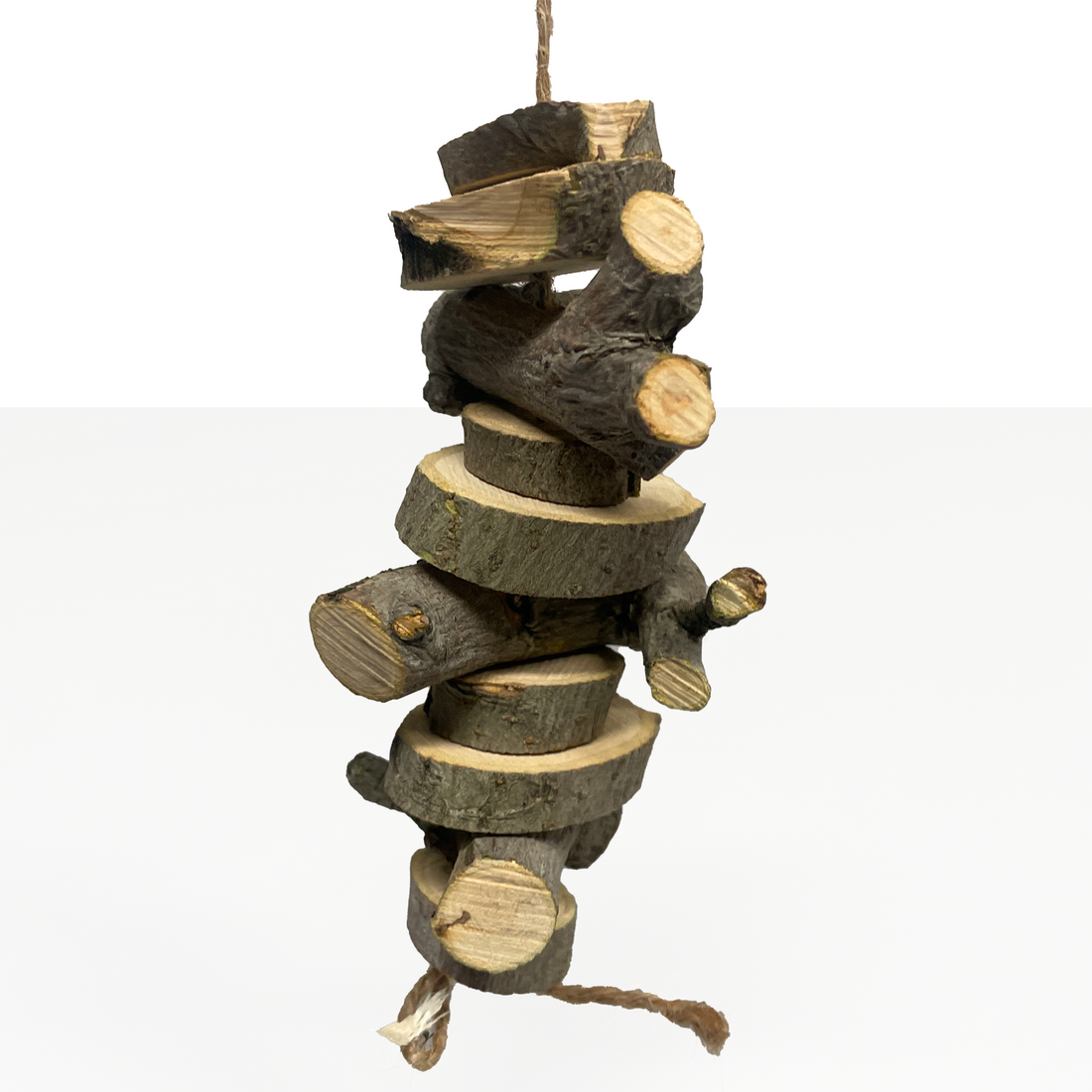
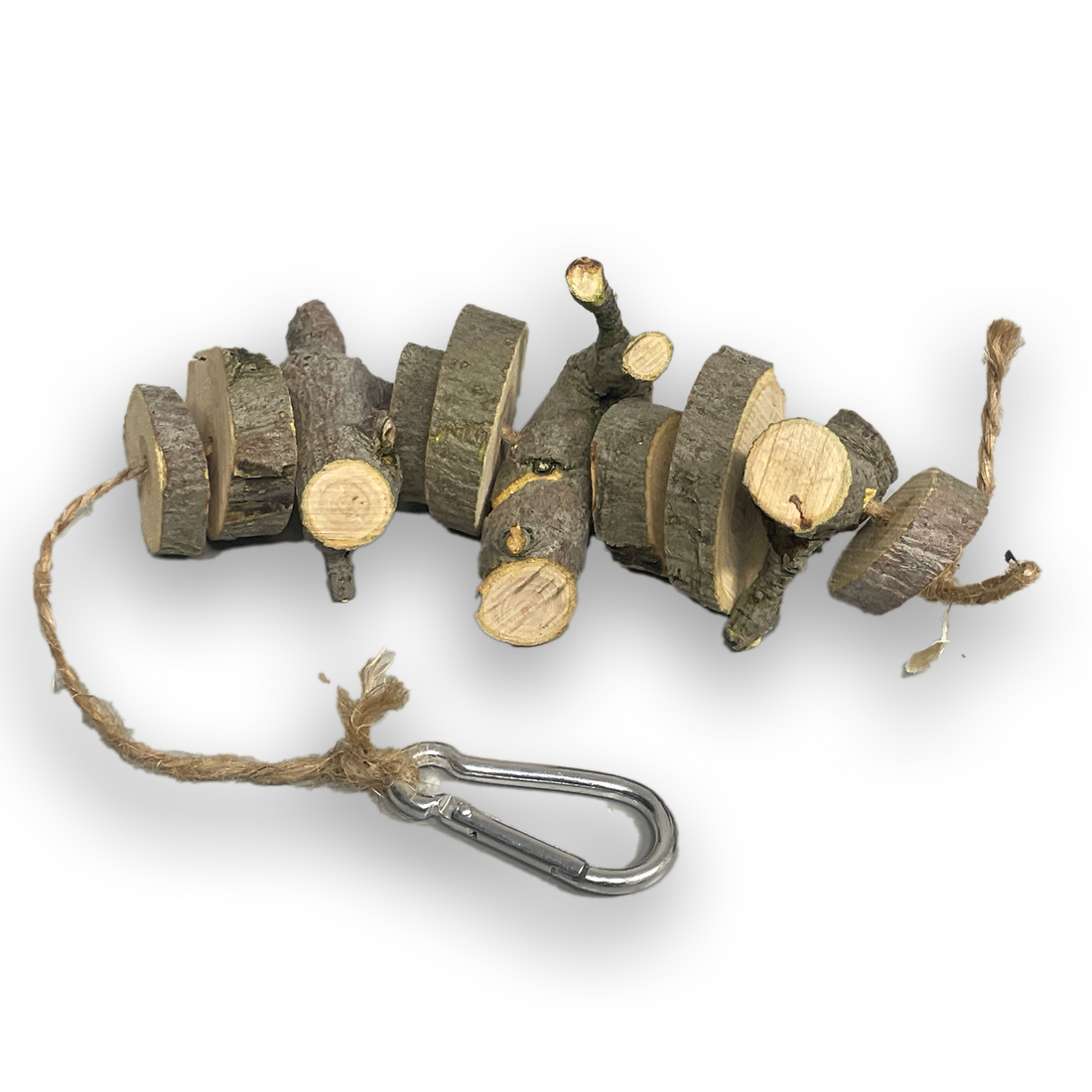
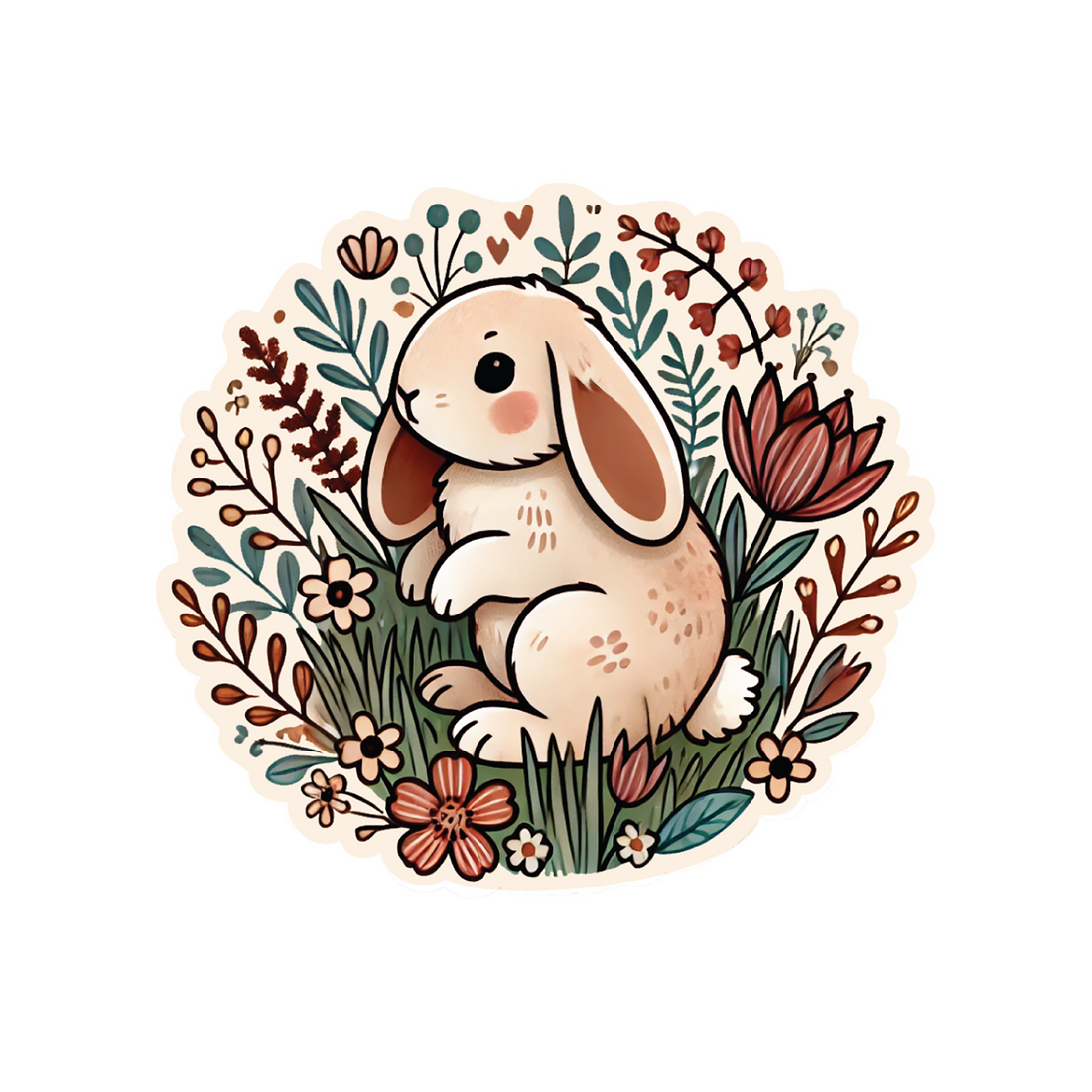
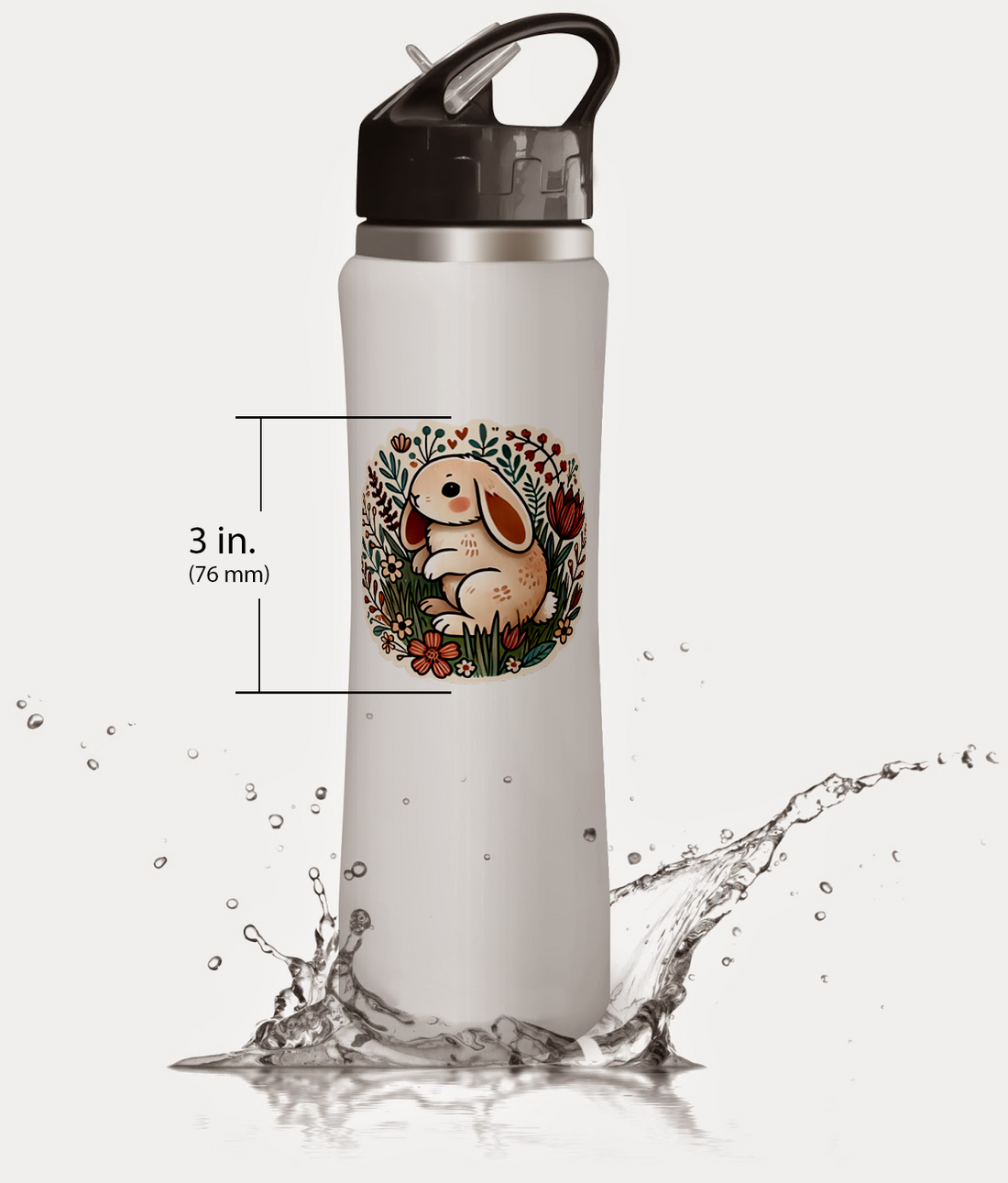
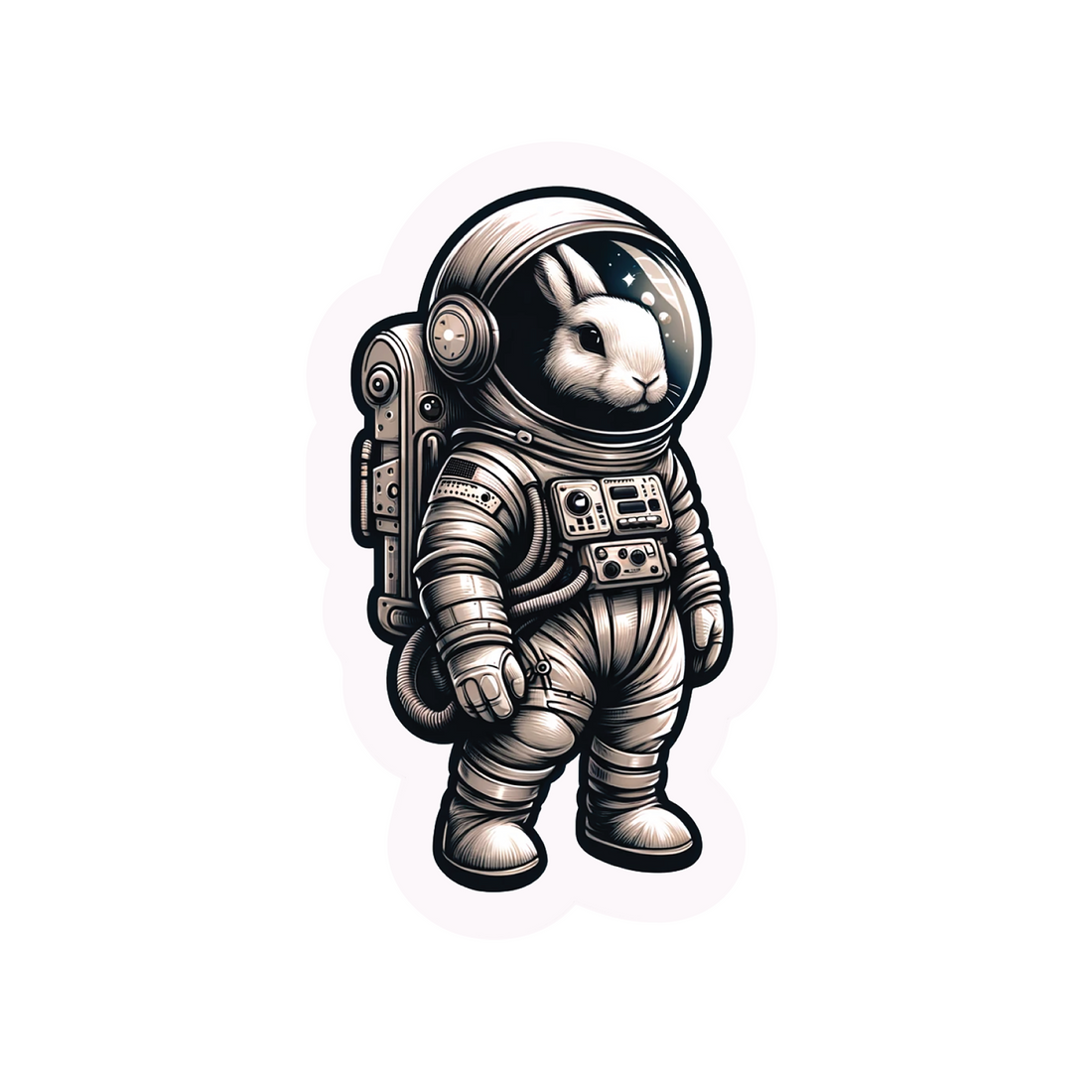
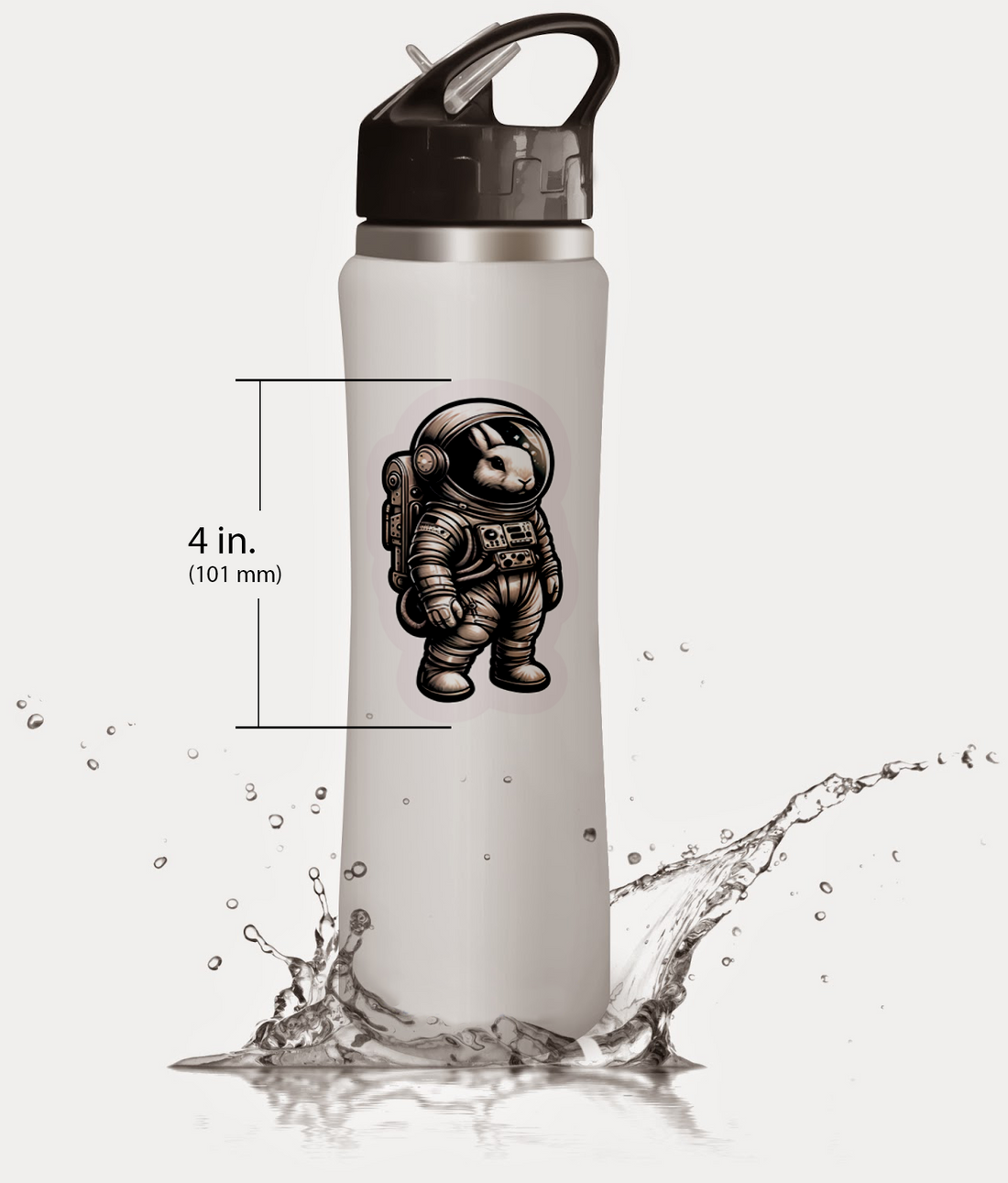
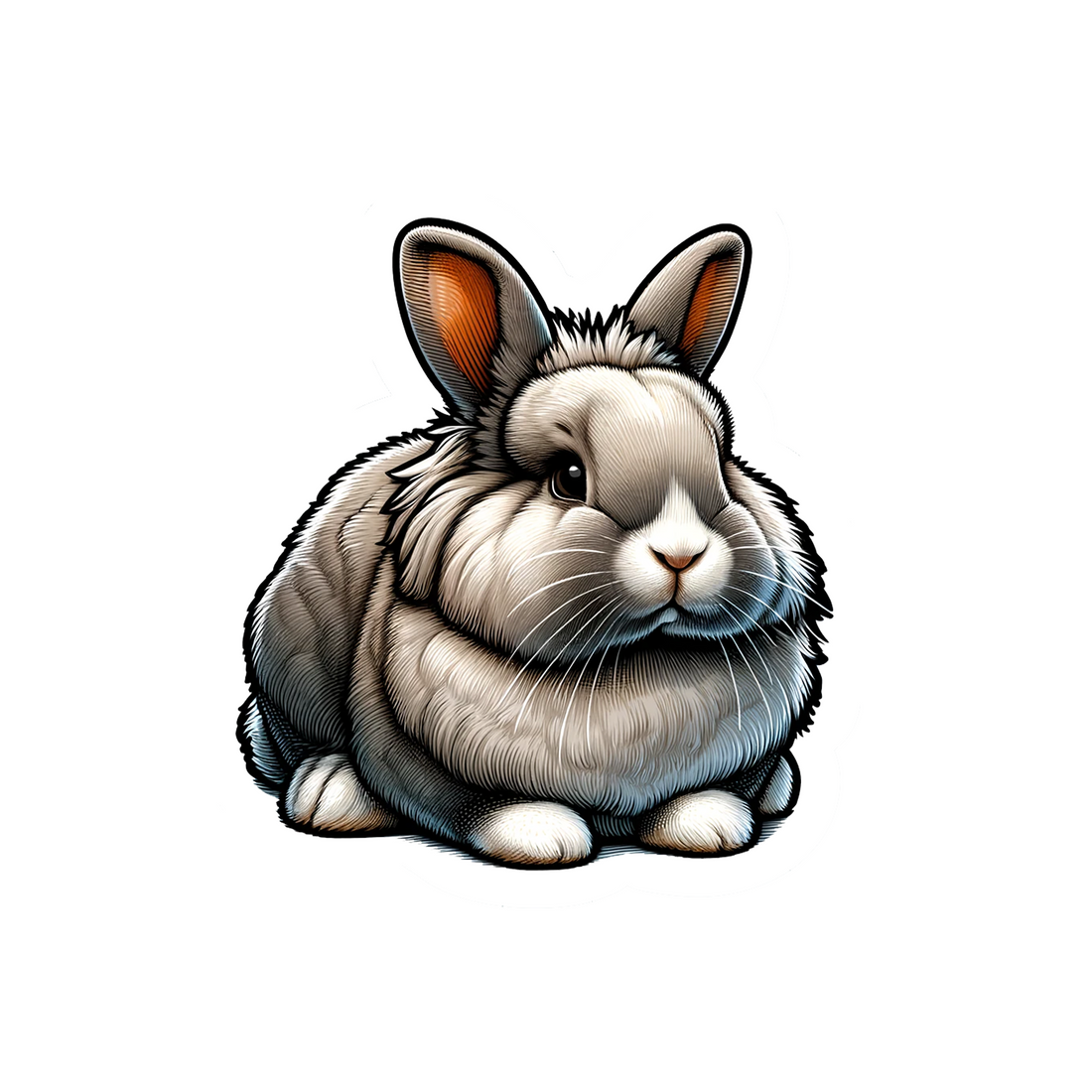
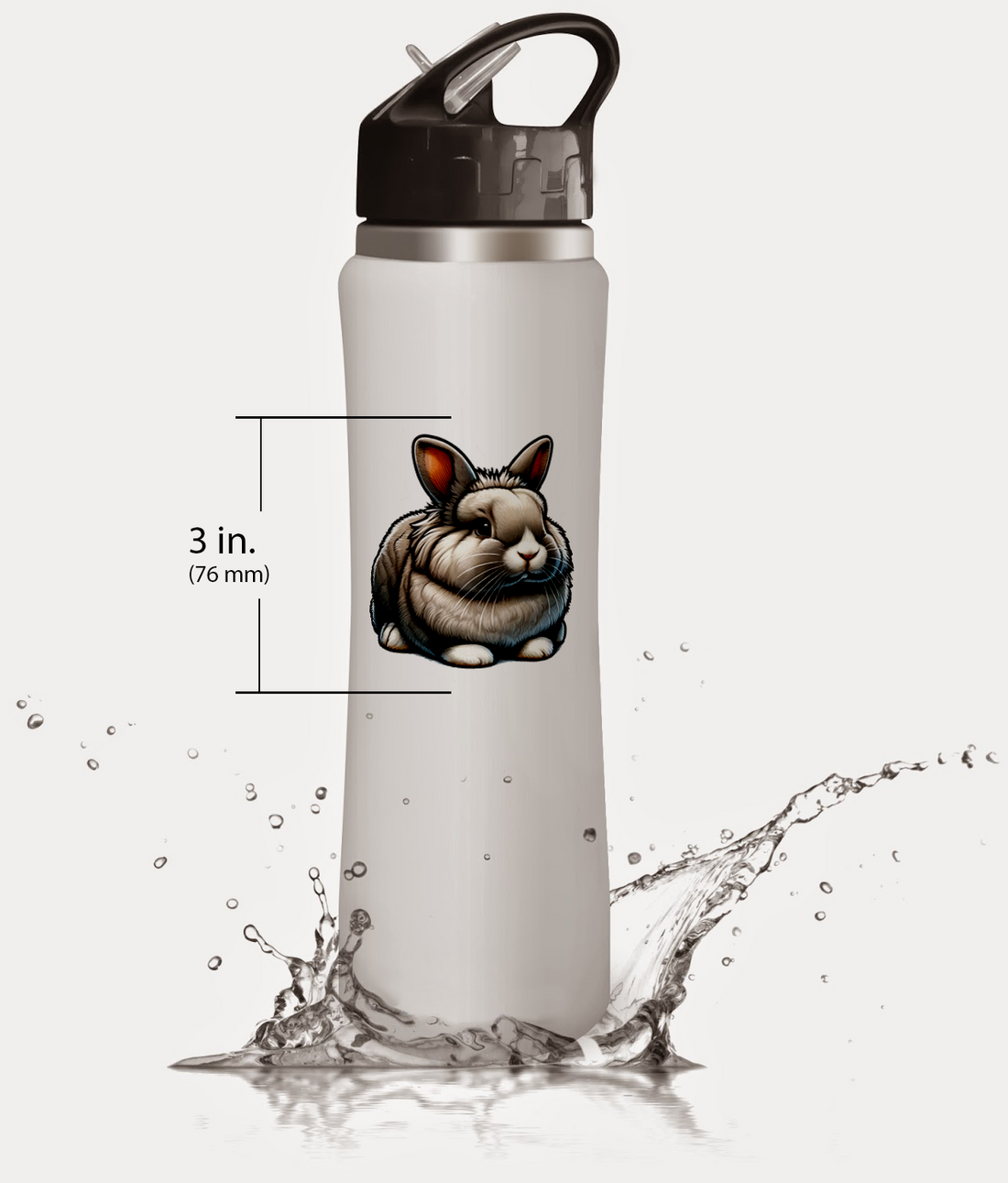

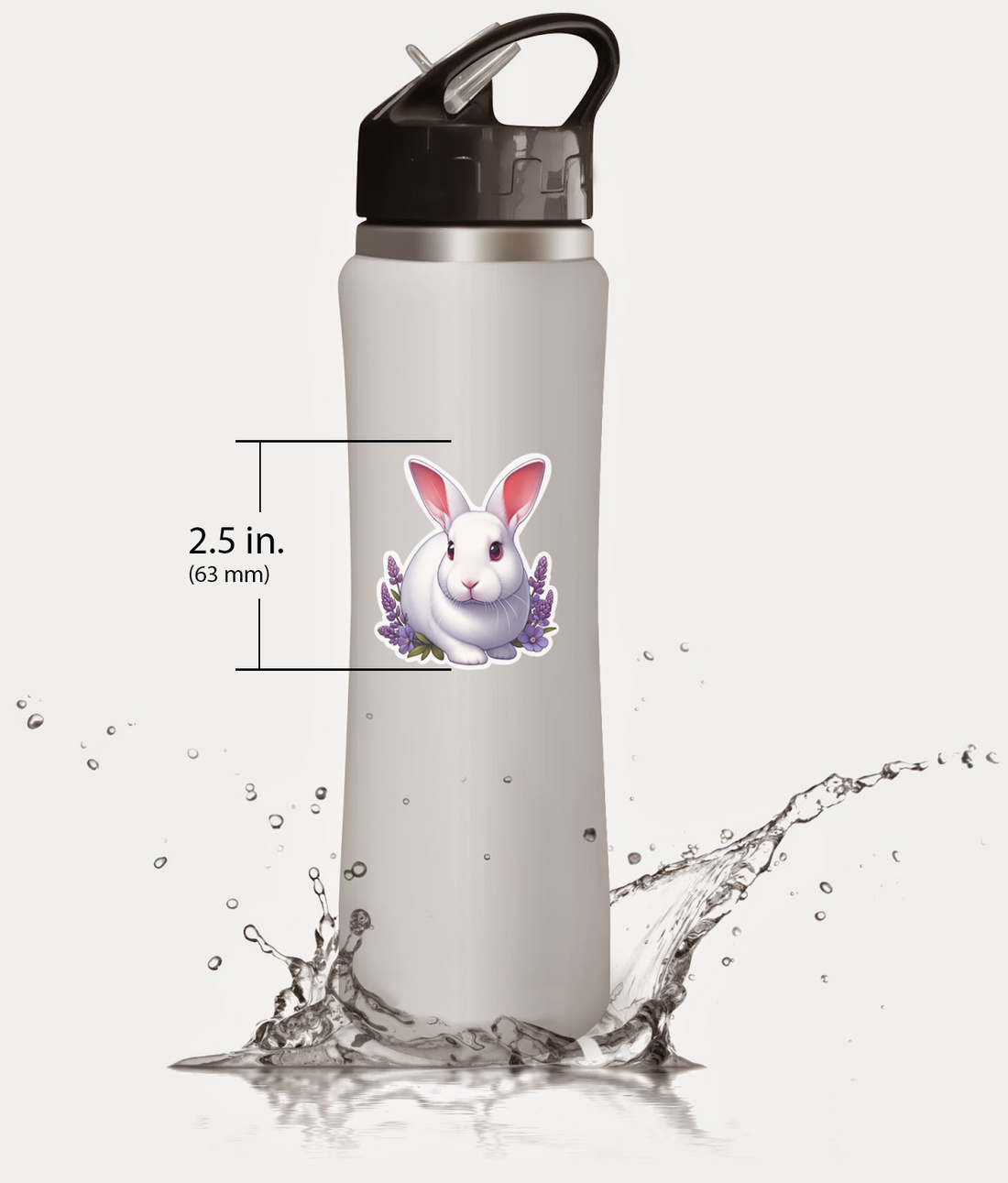
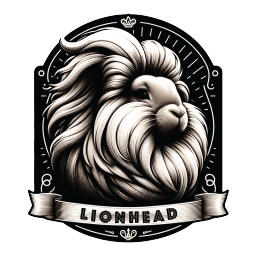

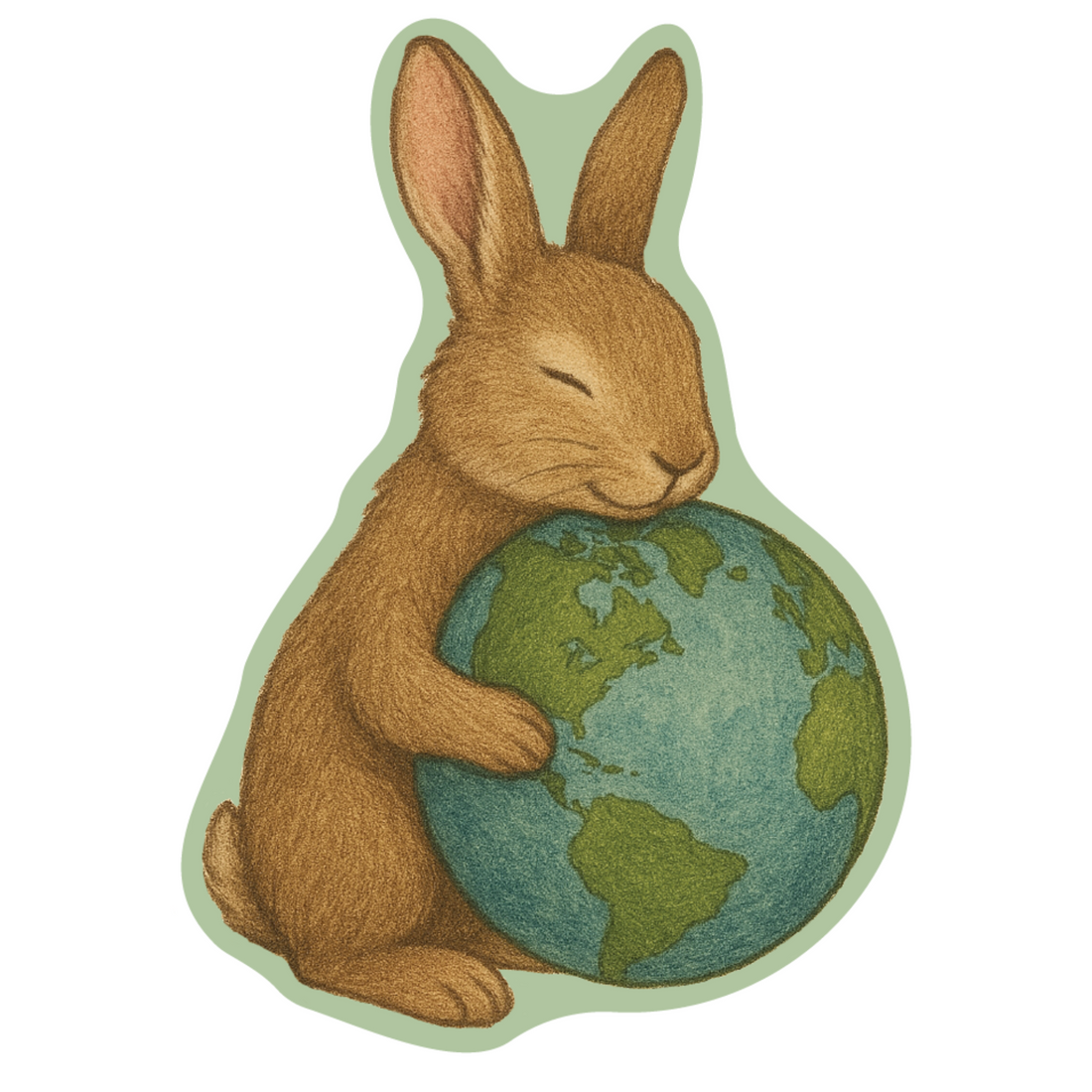
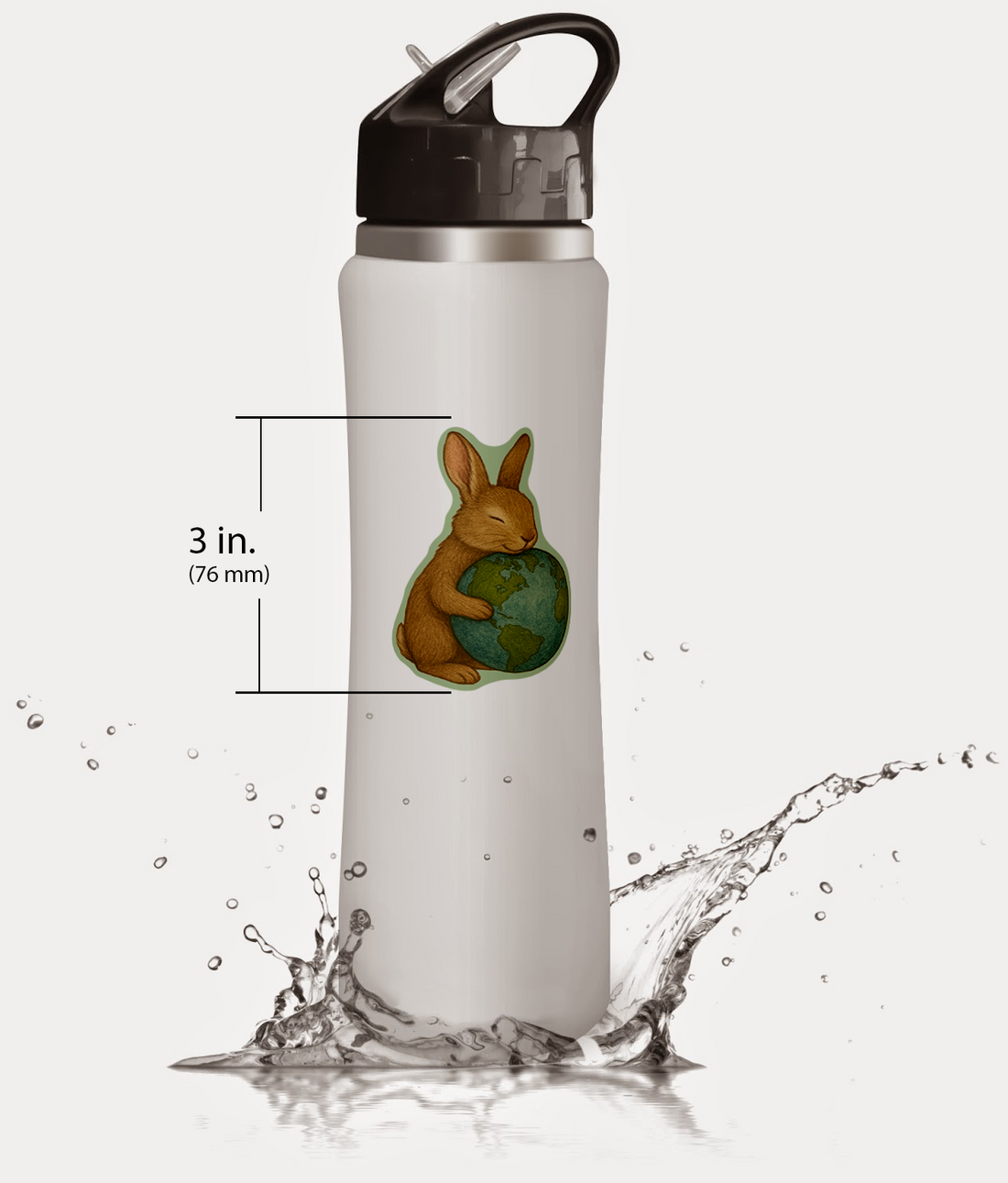
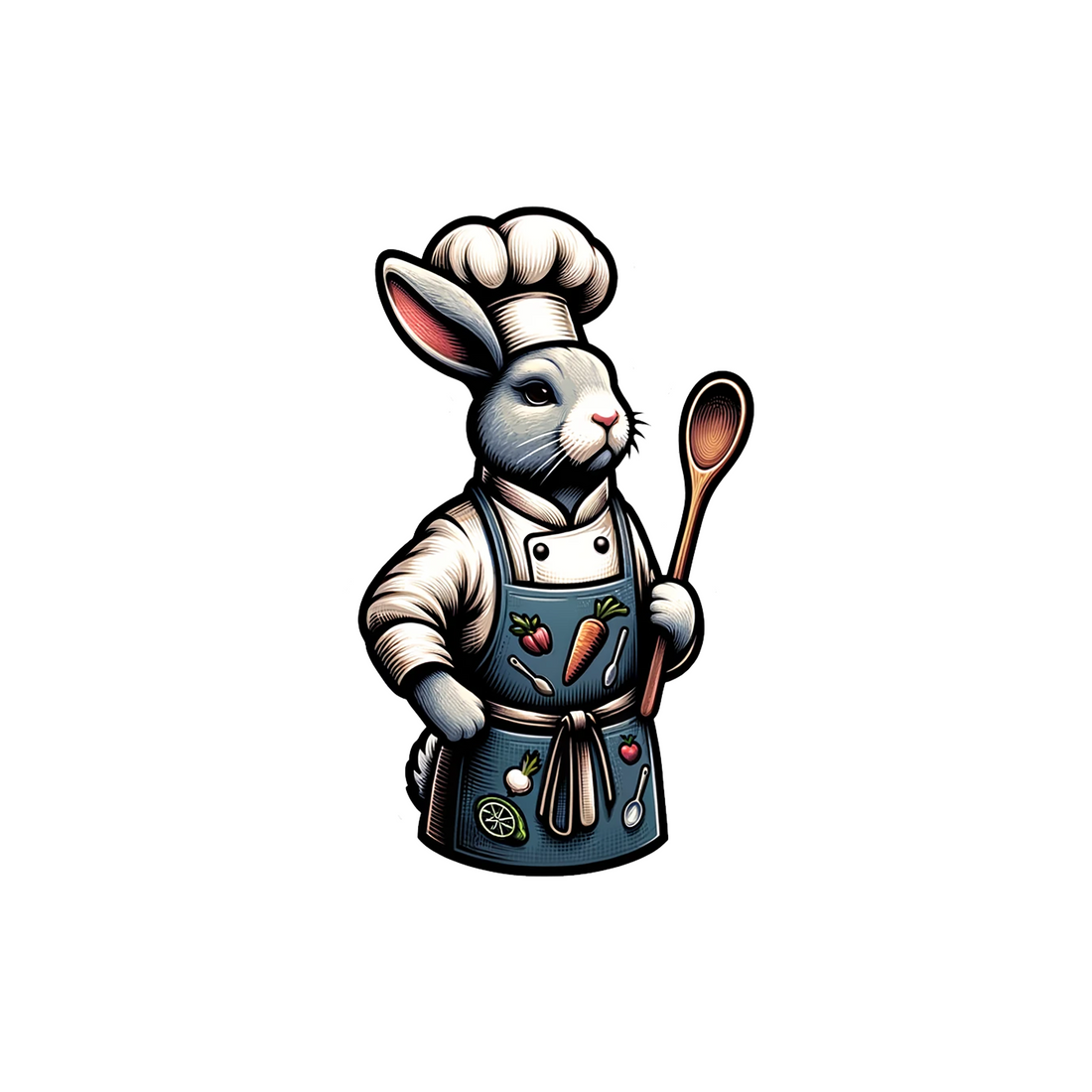
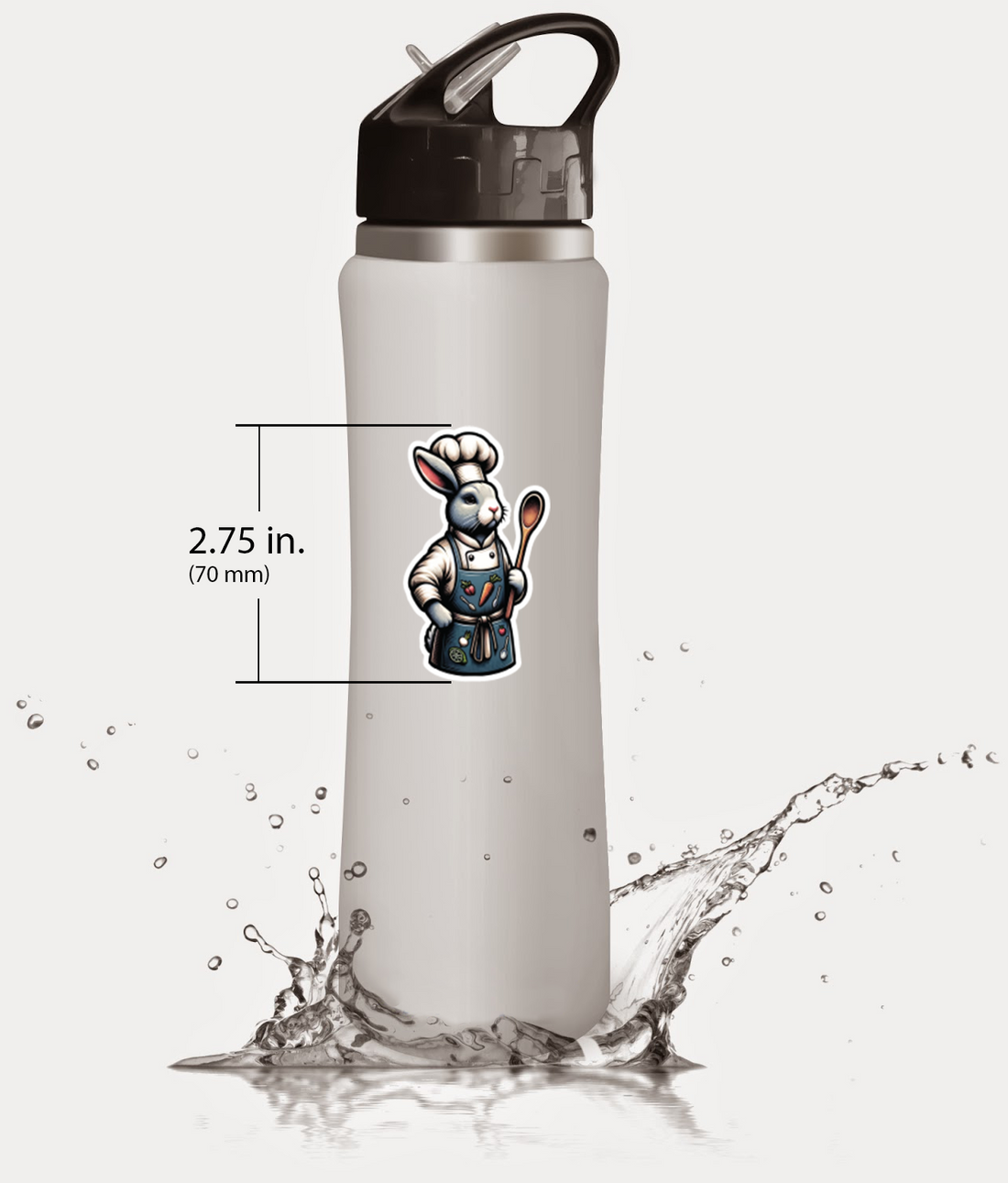
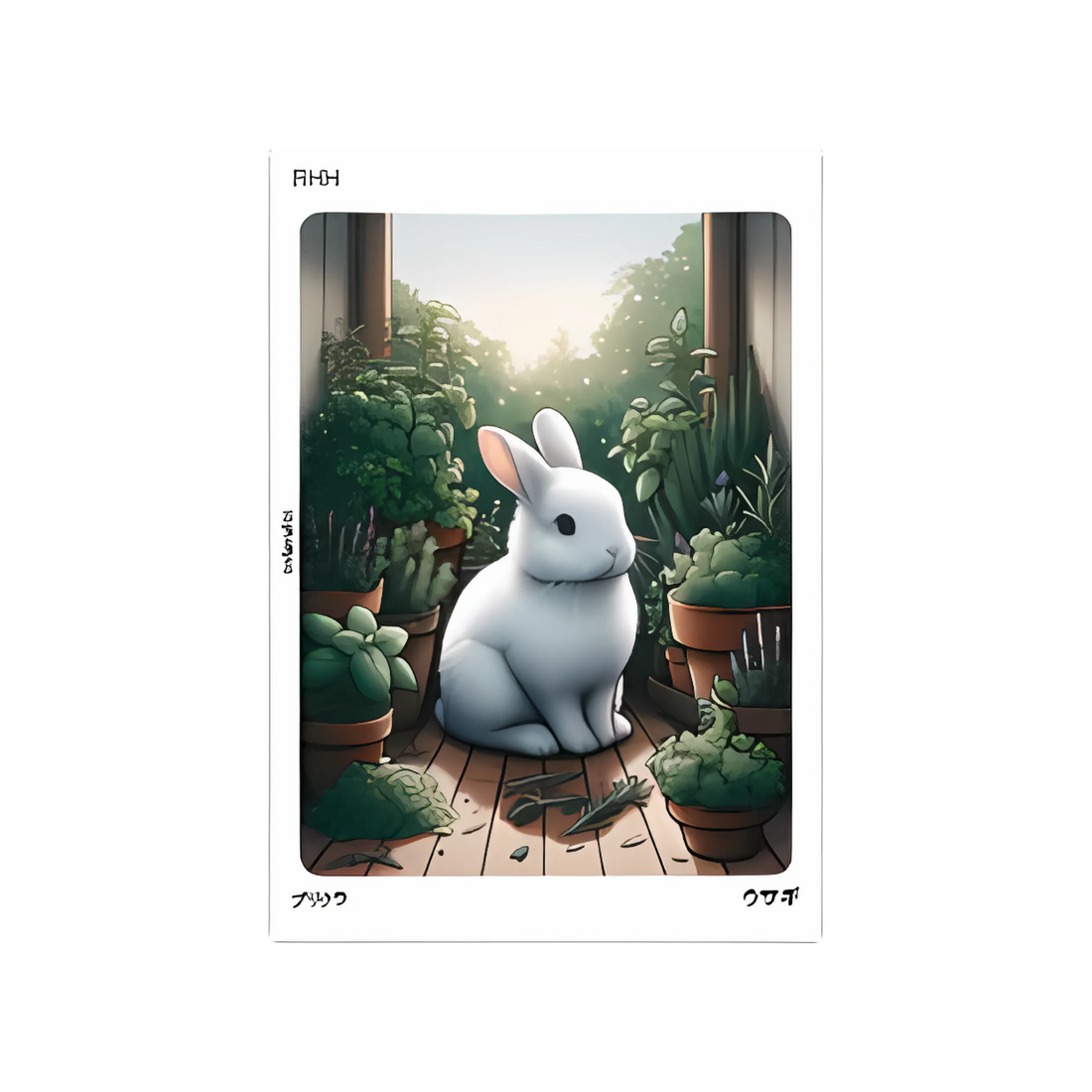

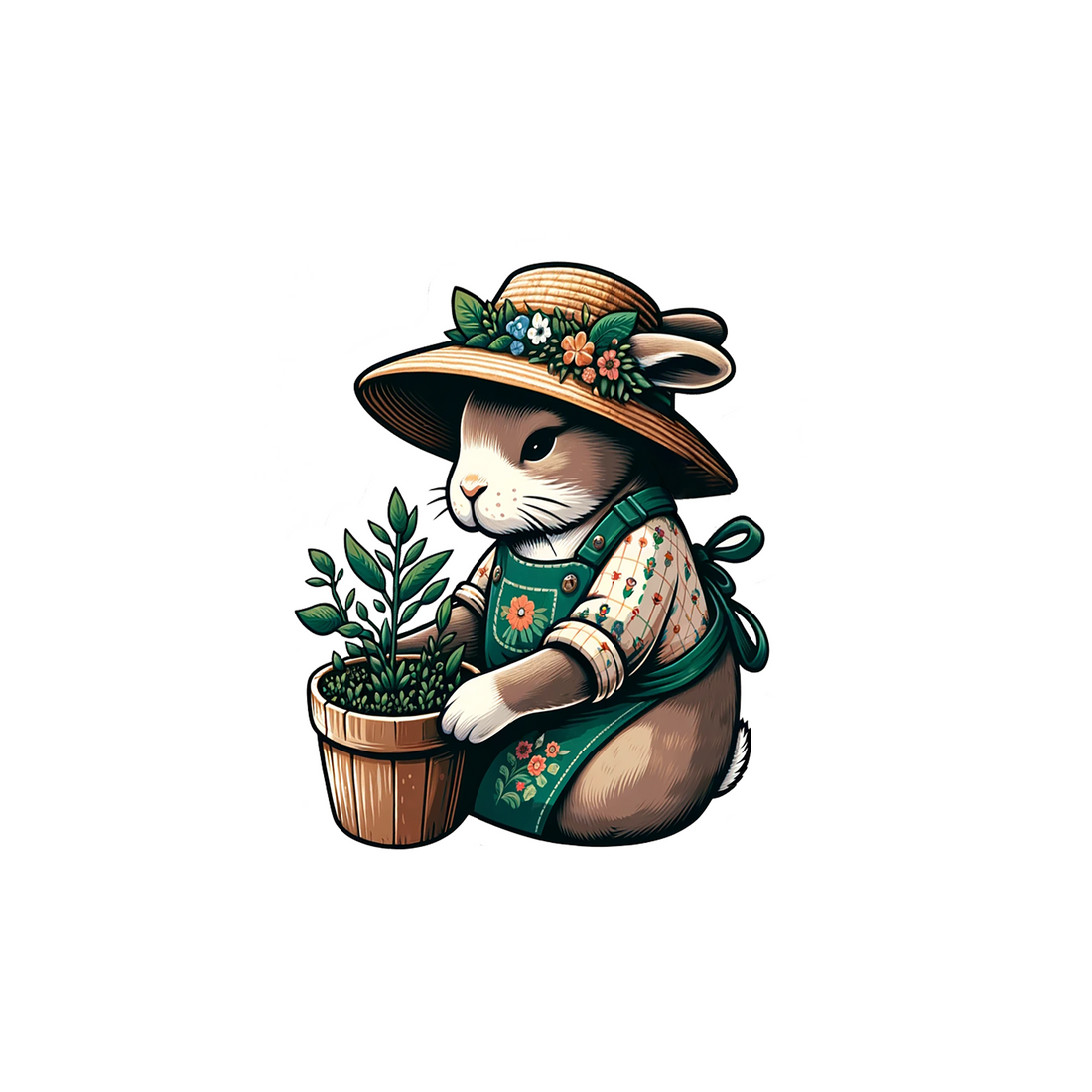
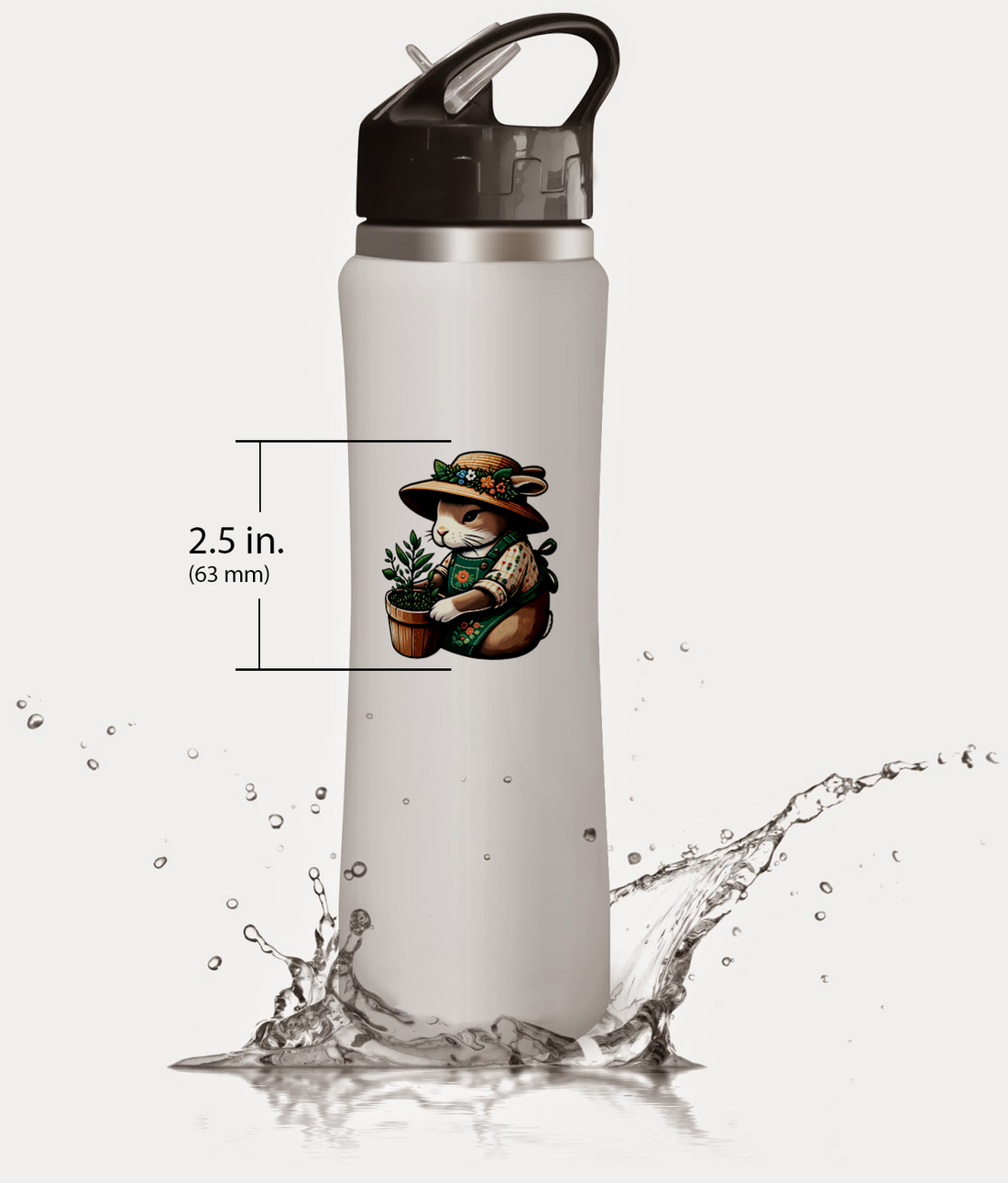
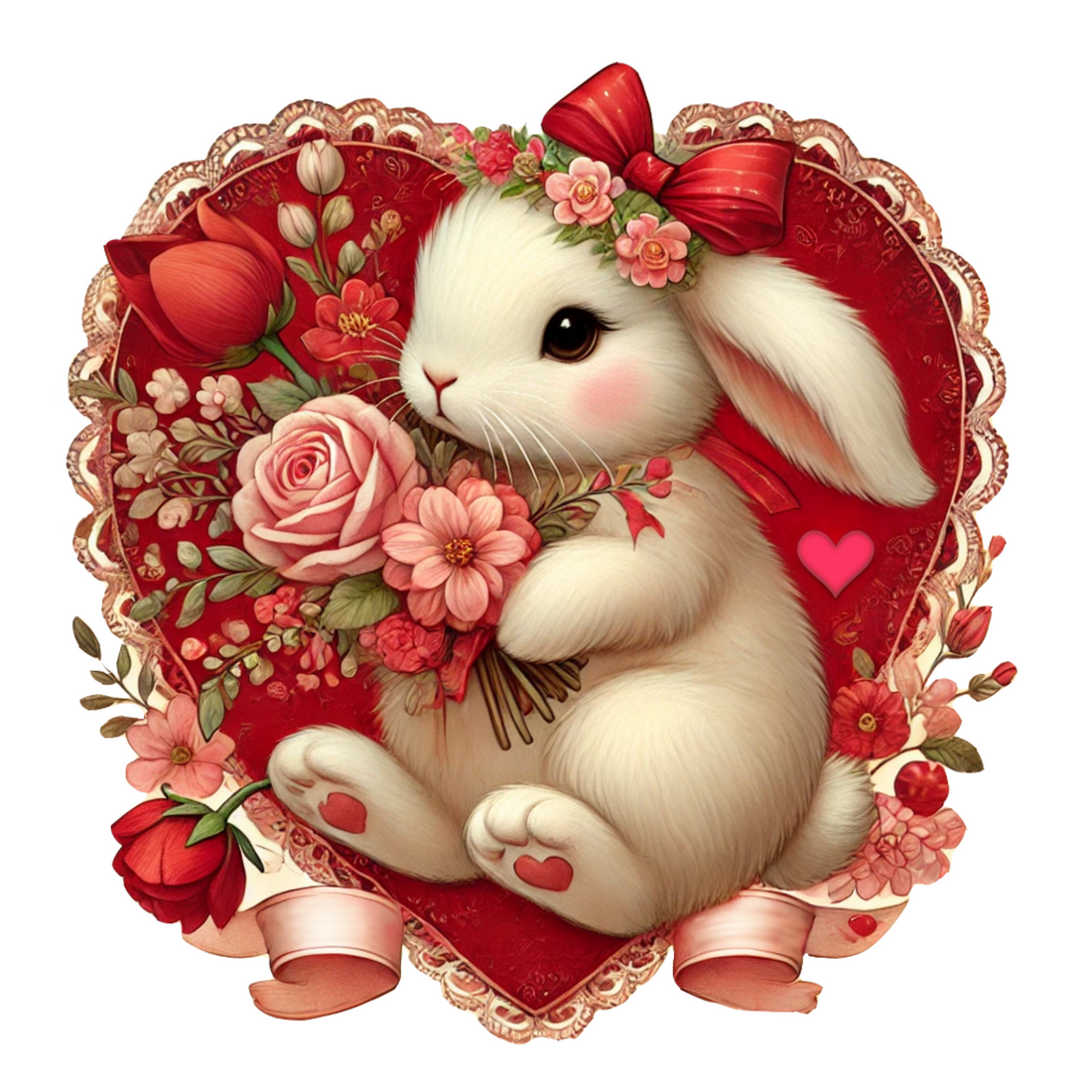


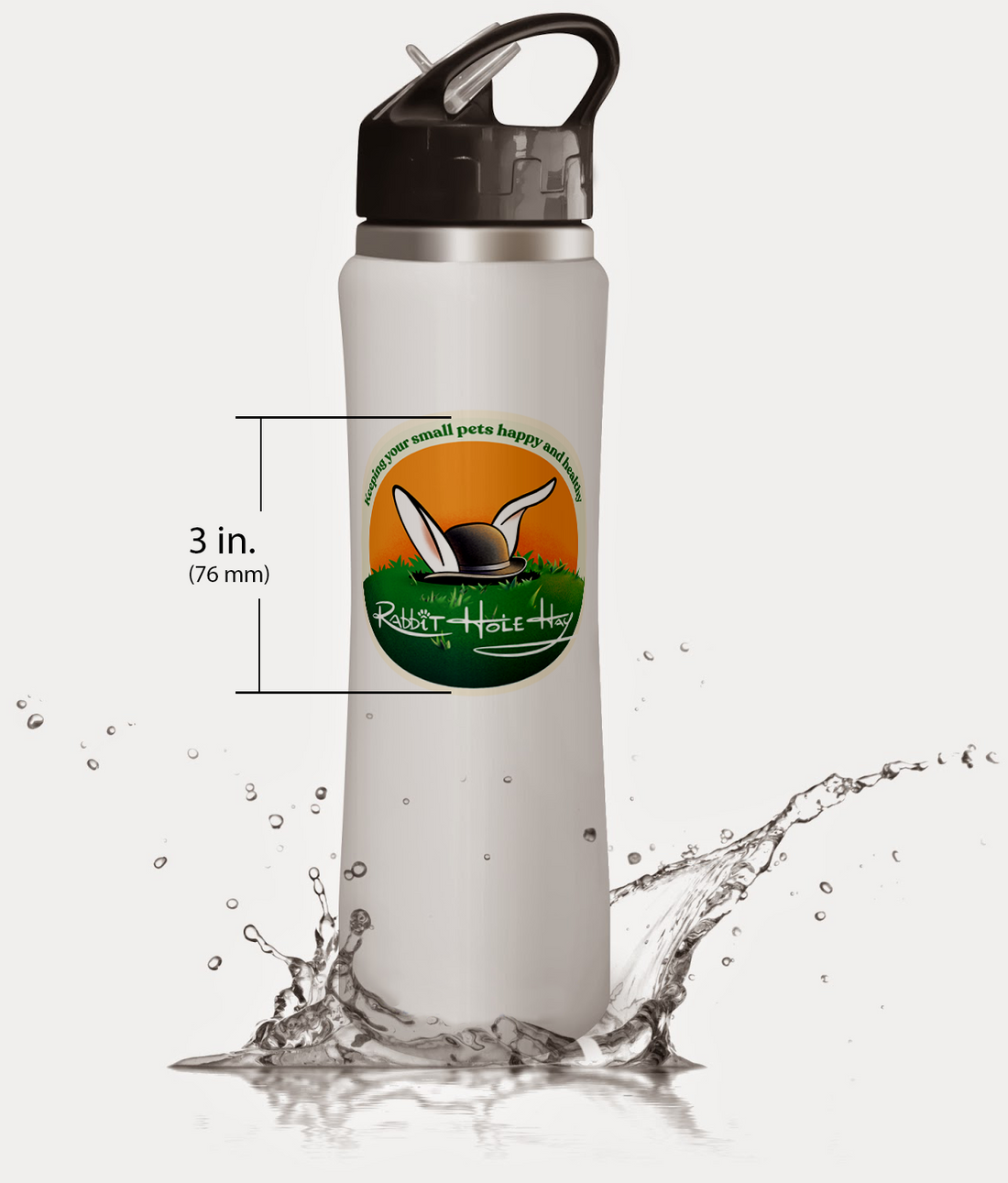

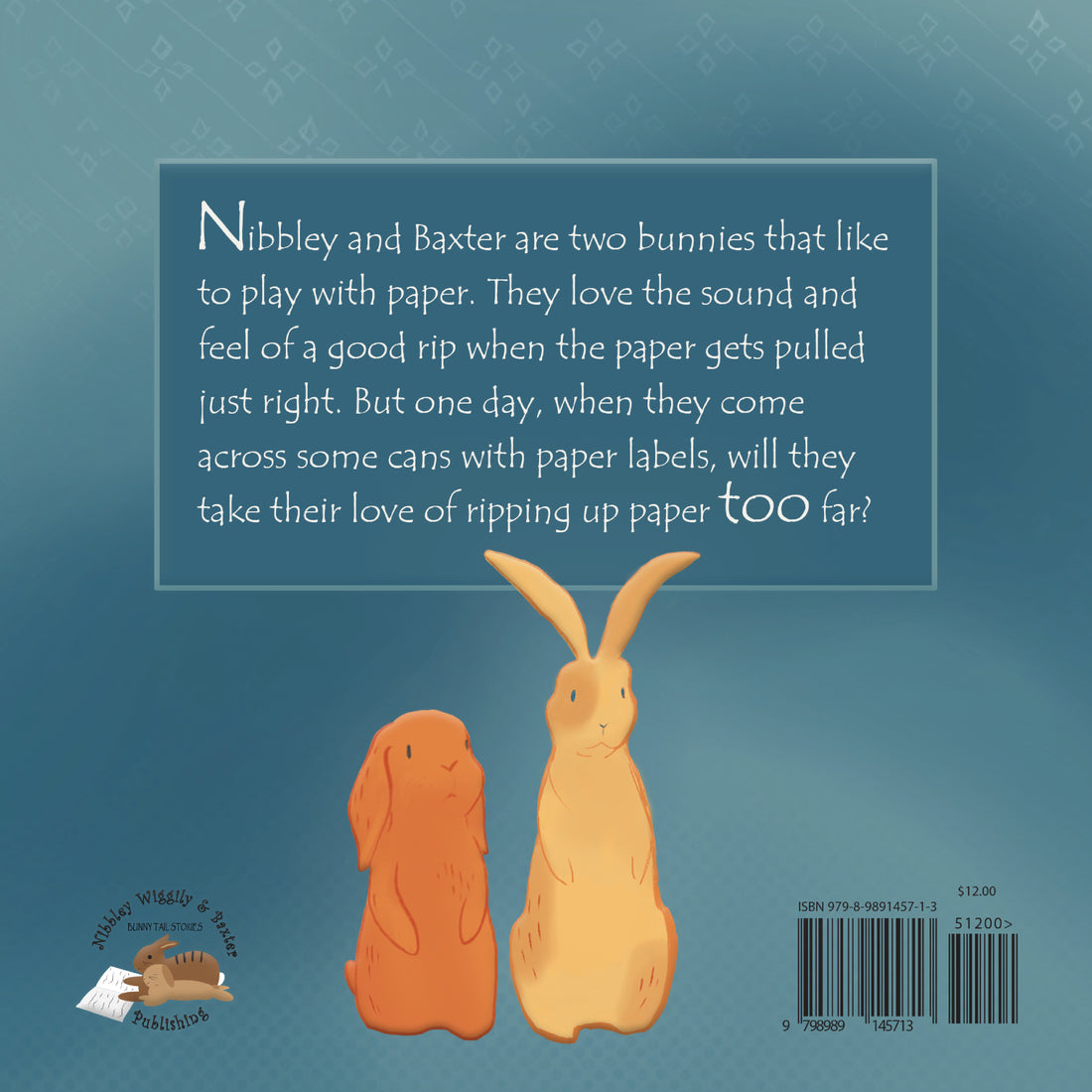



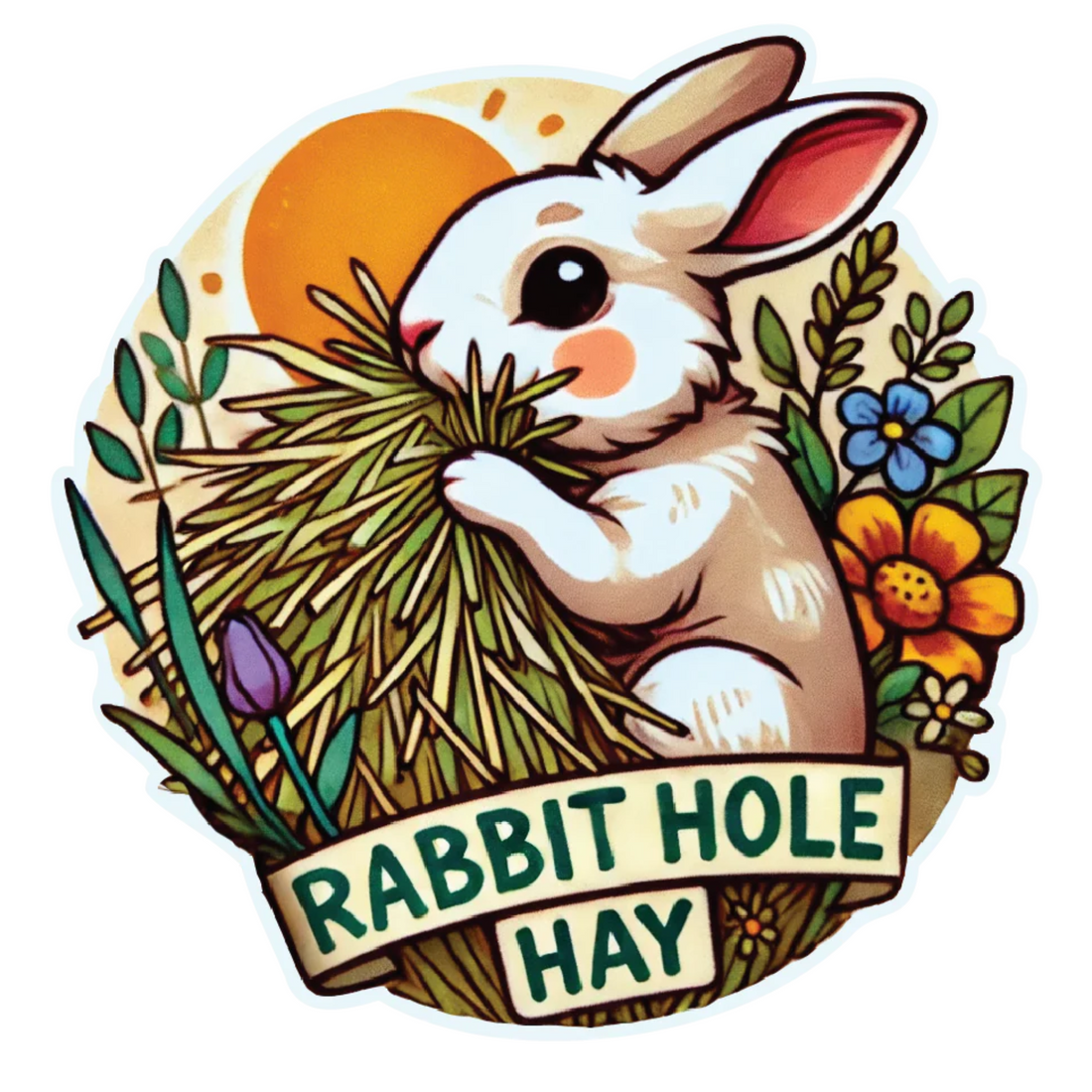
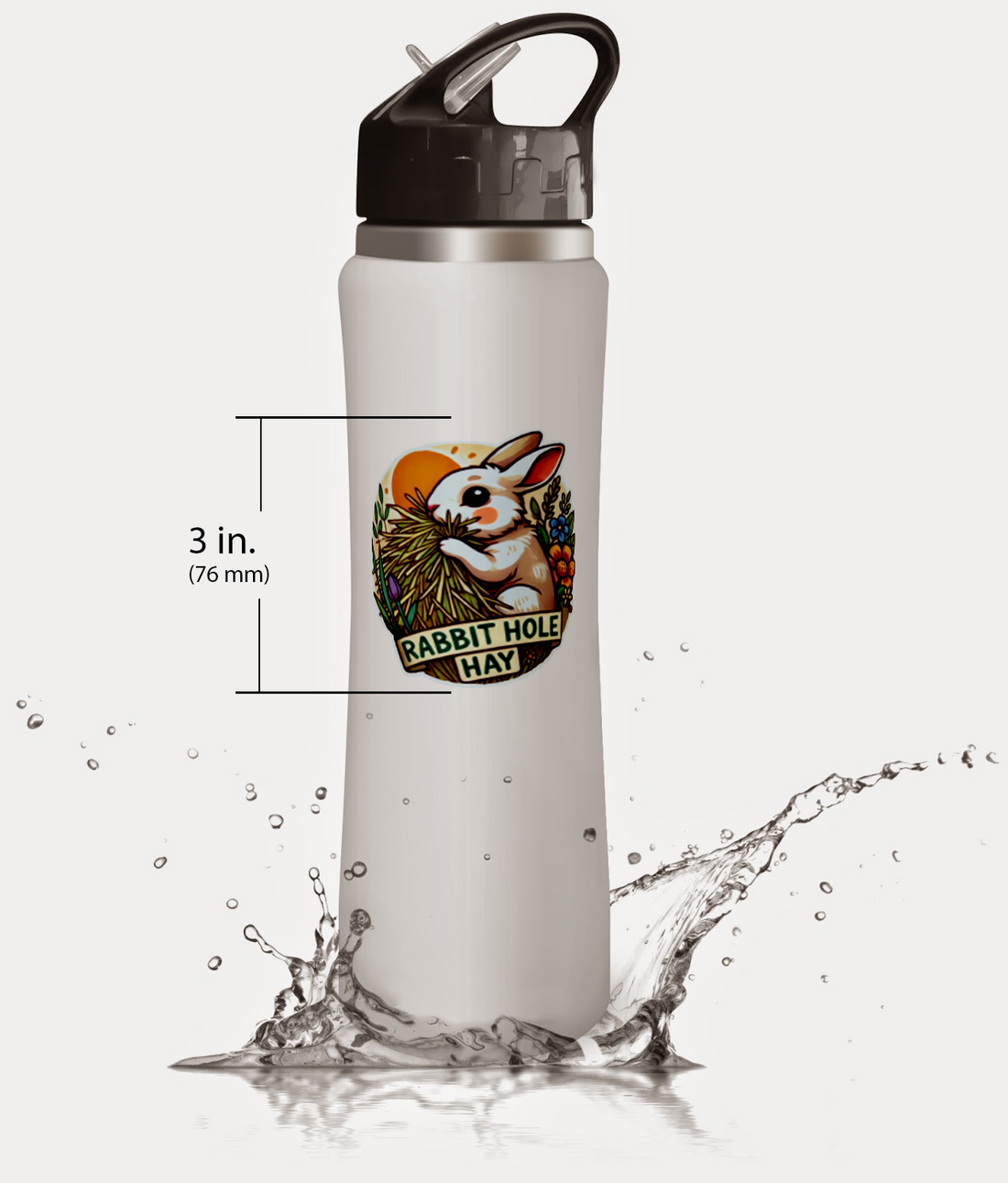


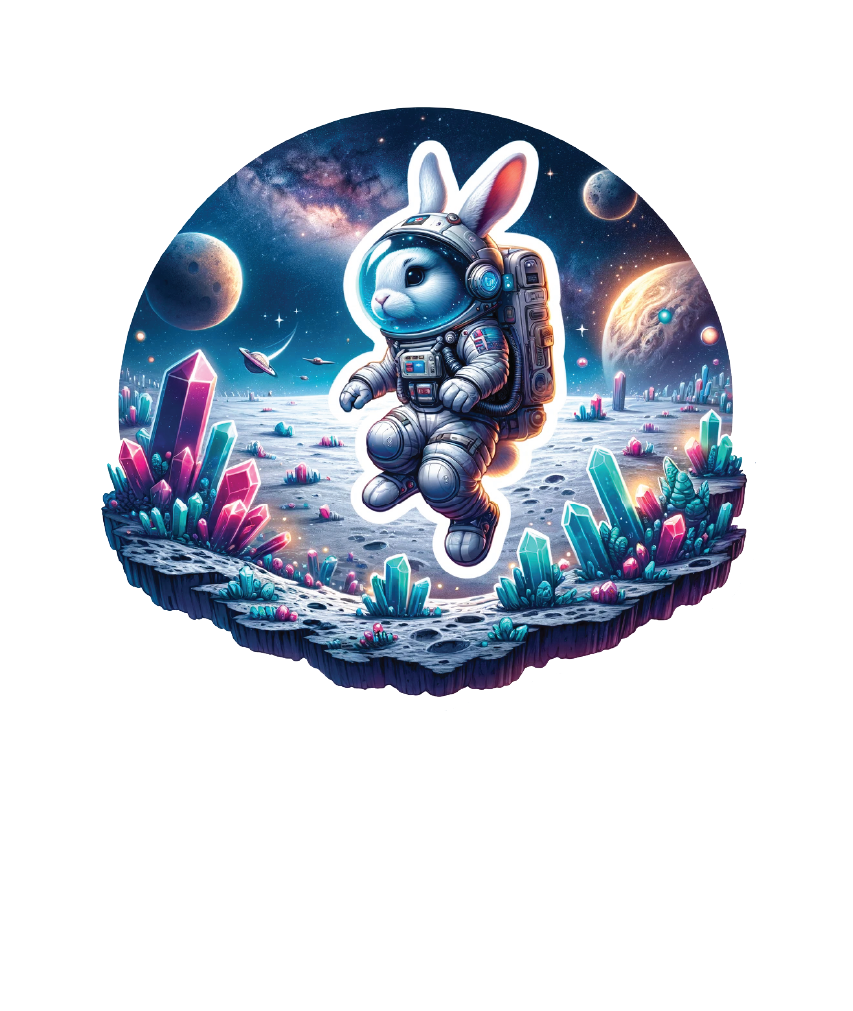
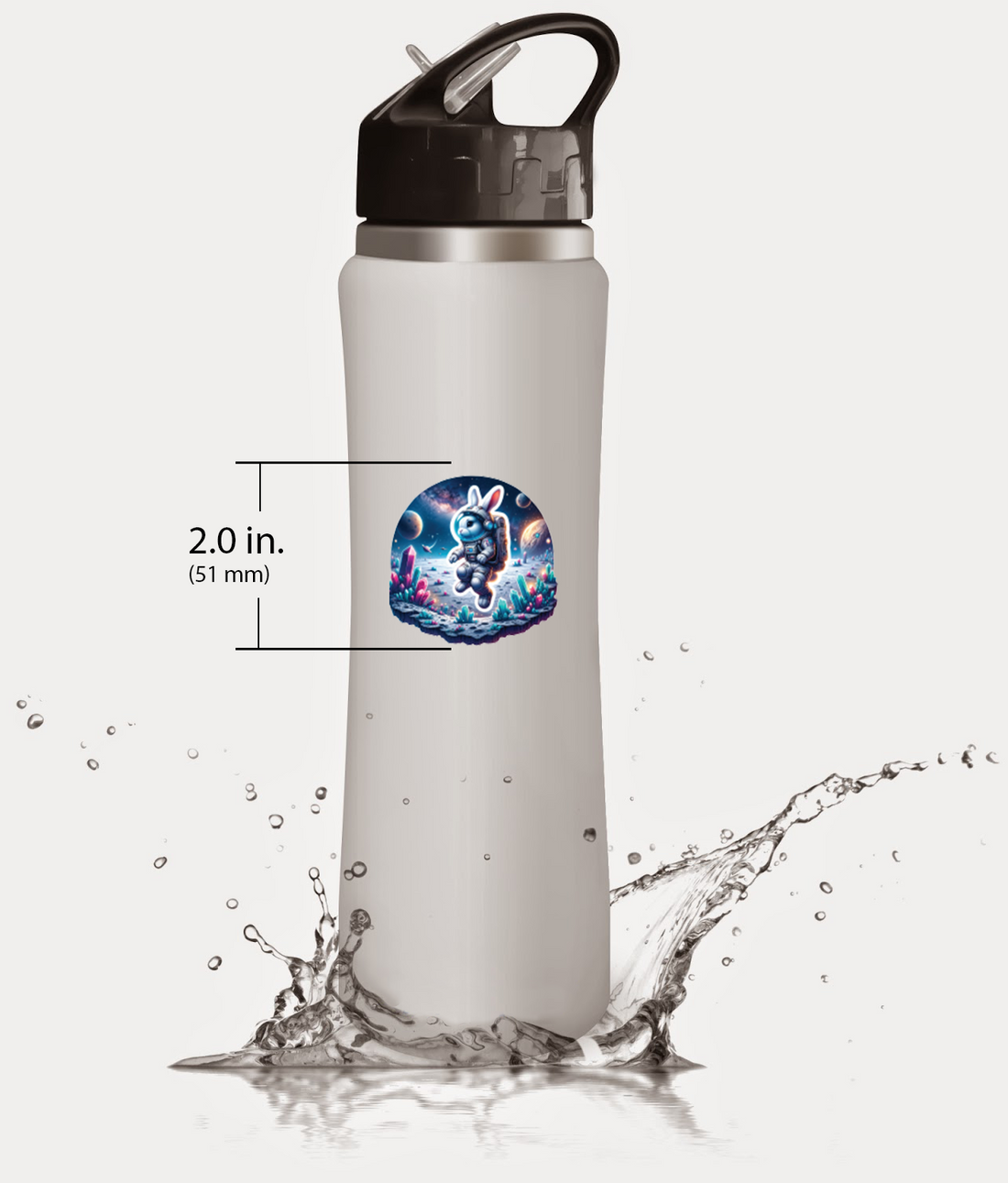








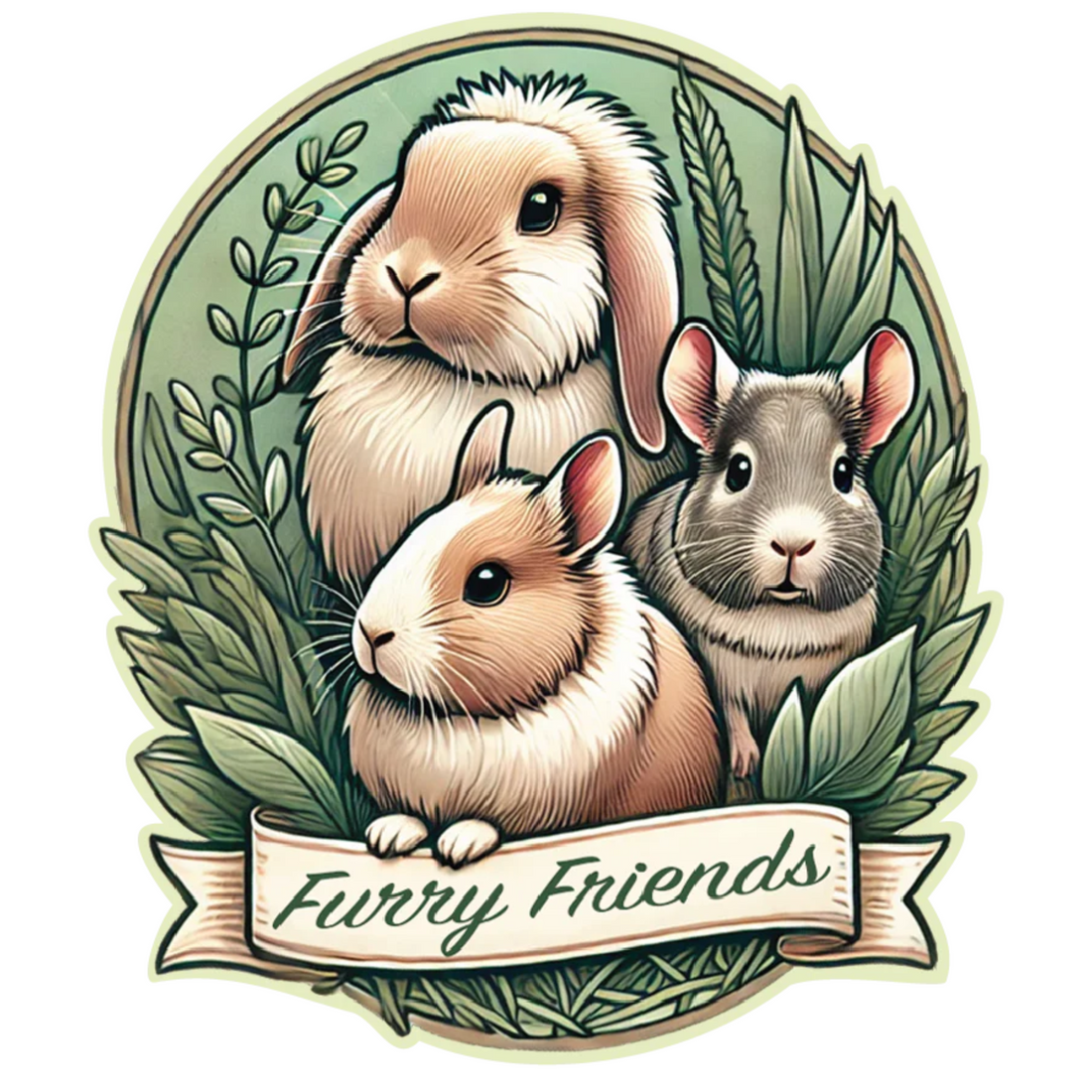
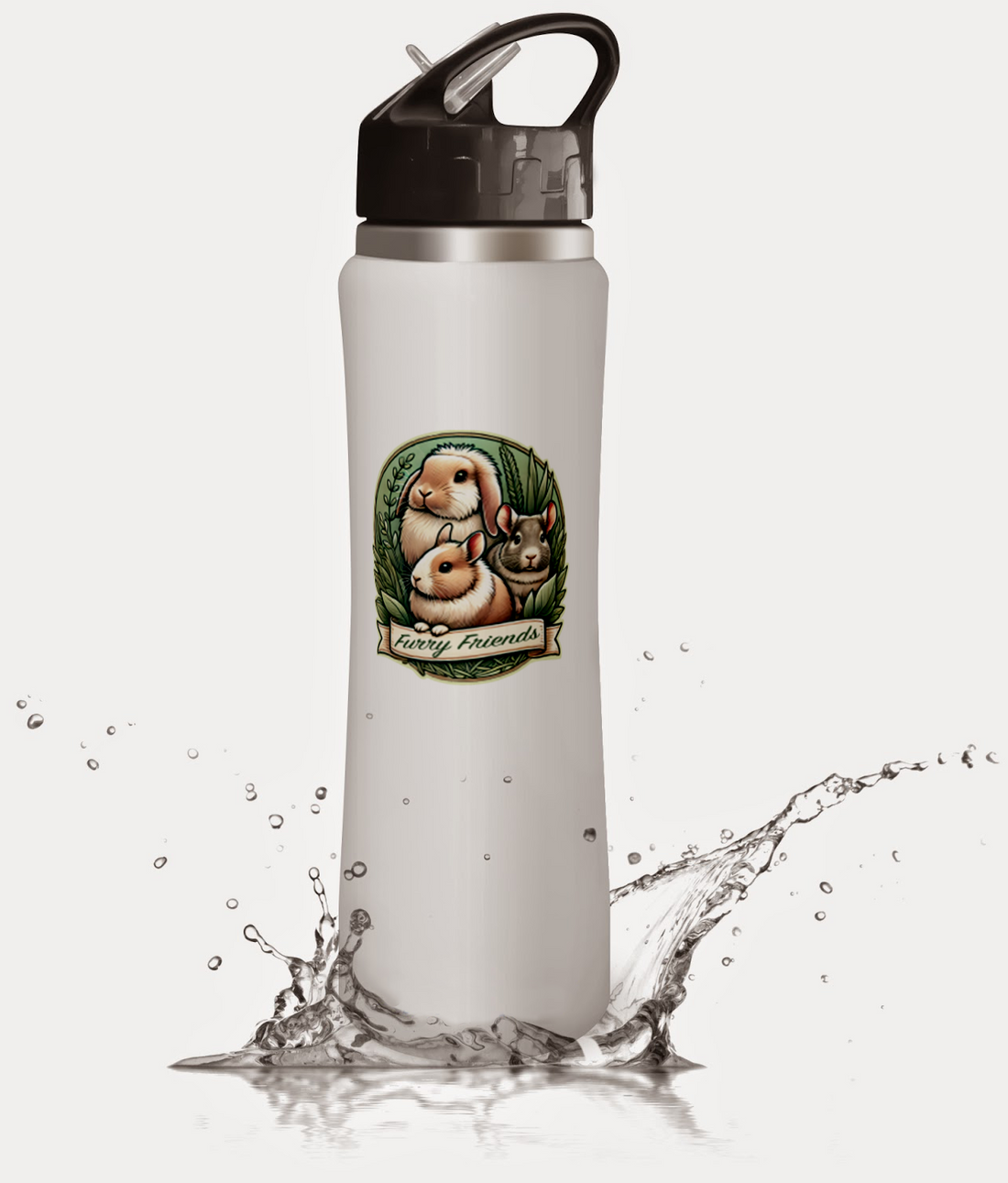



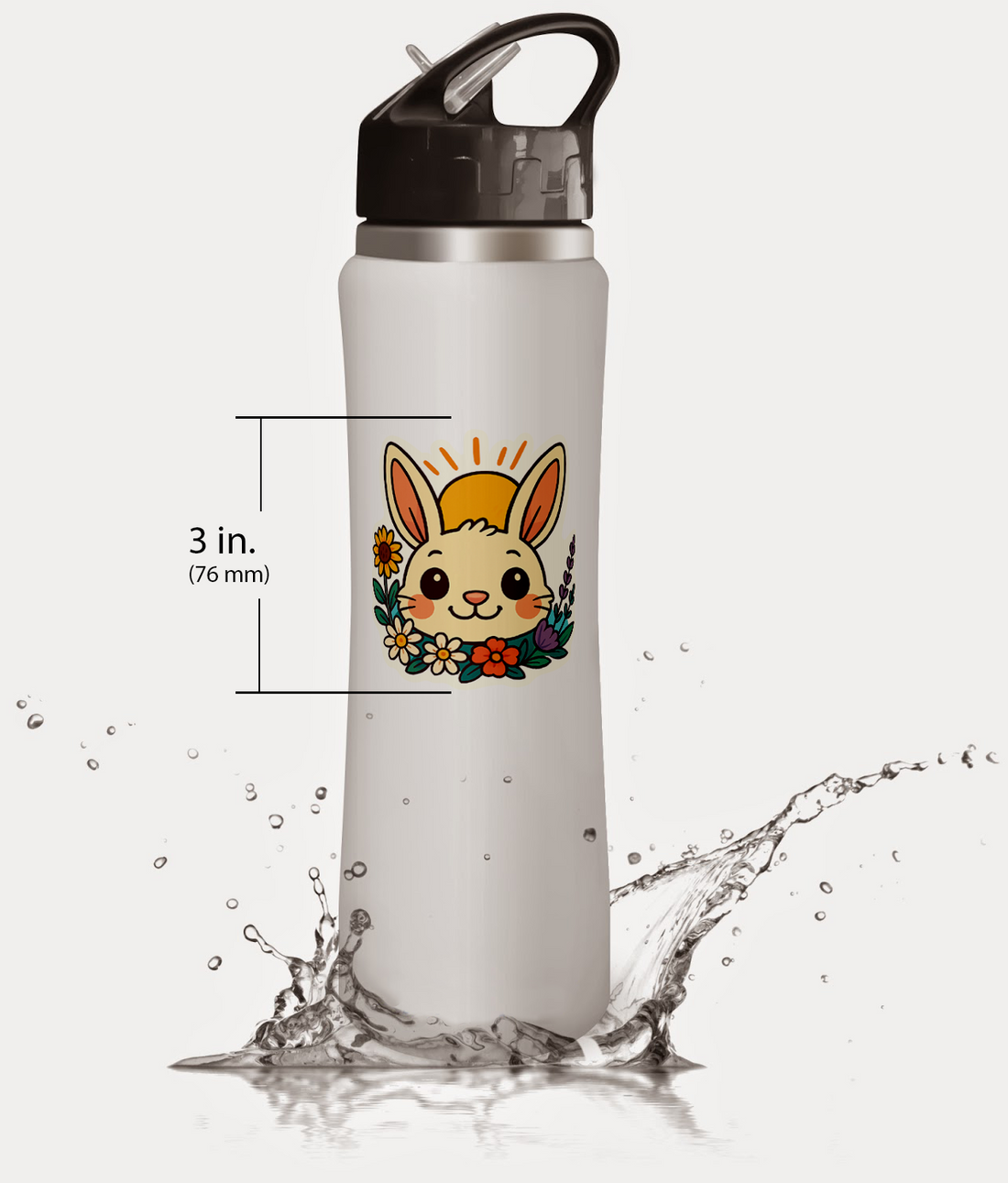




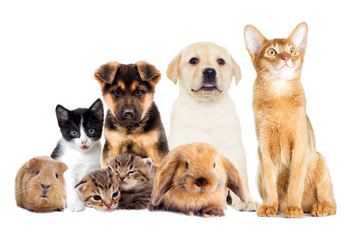


Comments